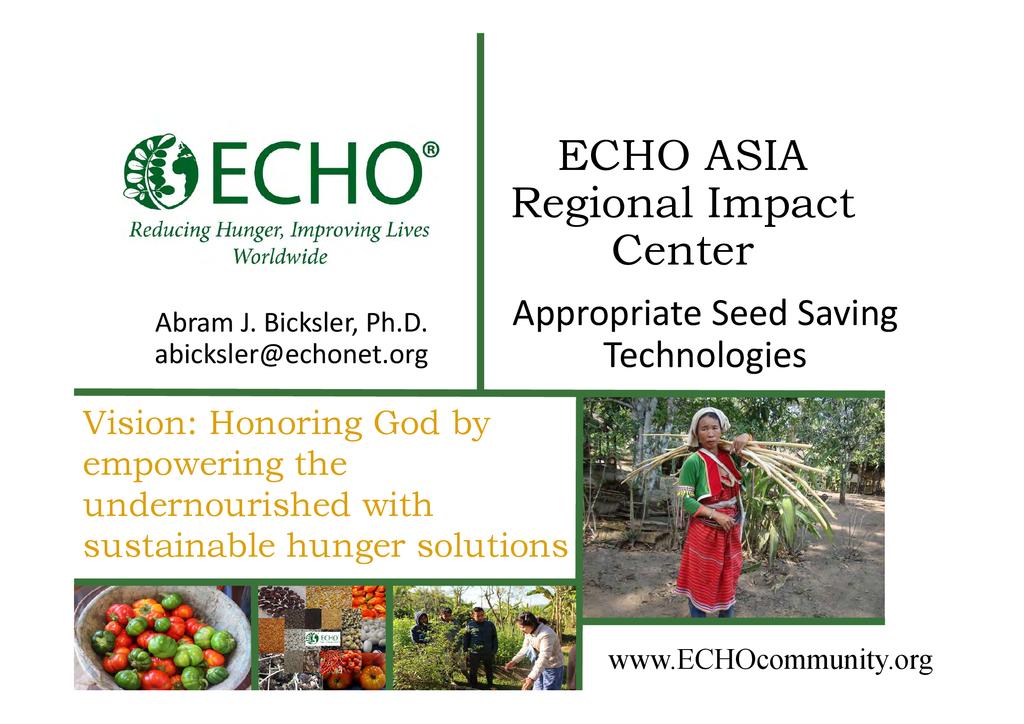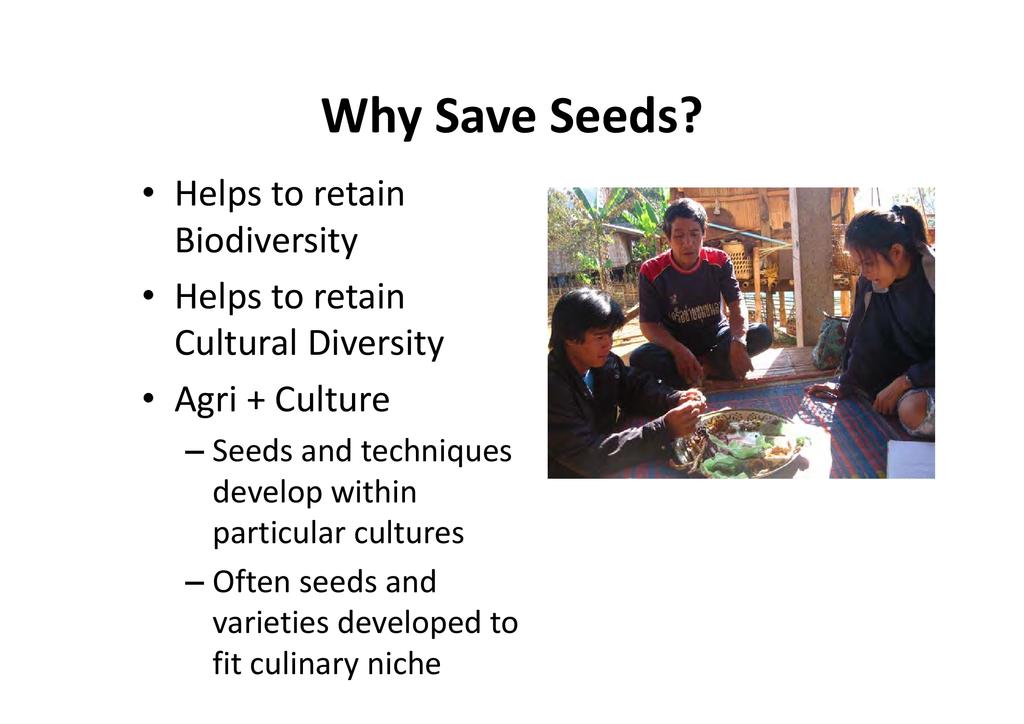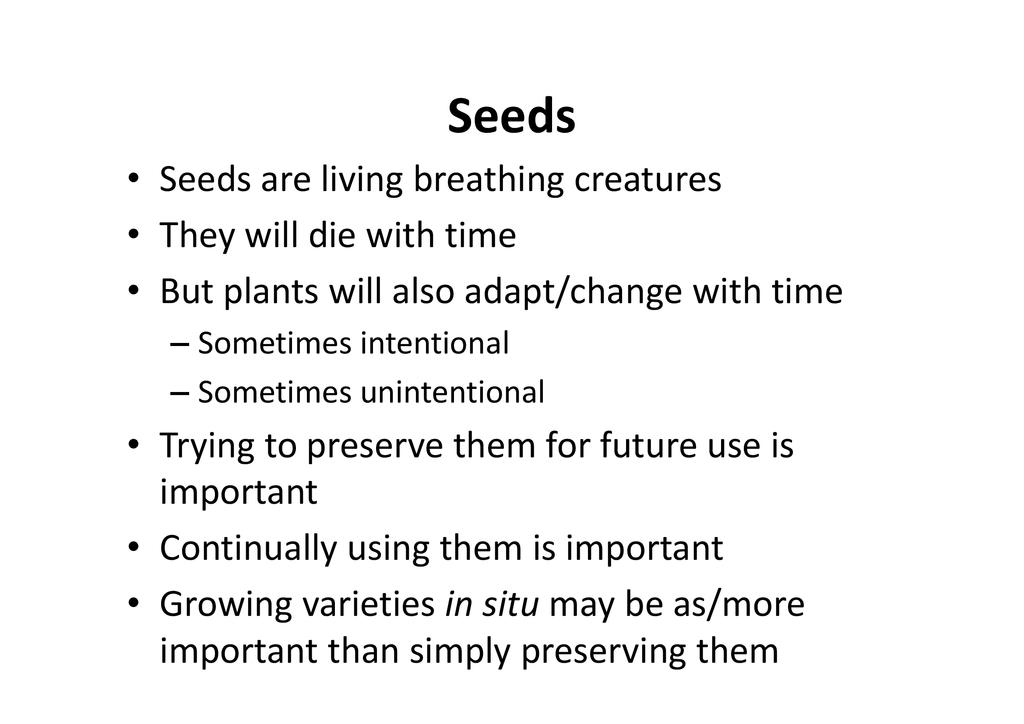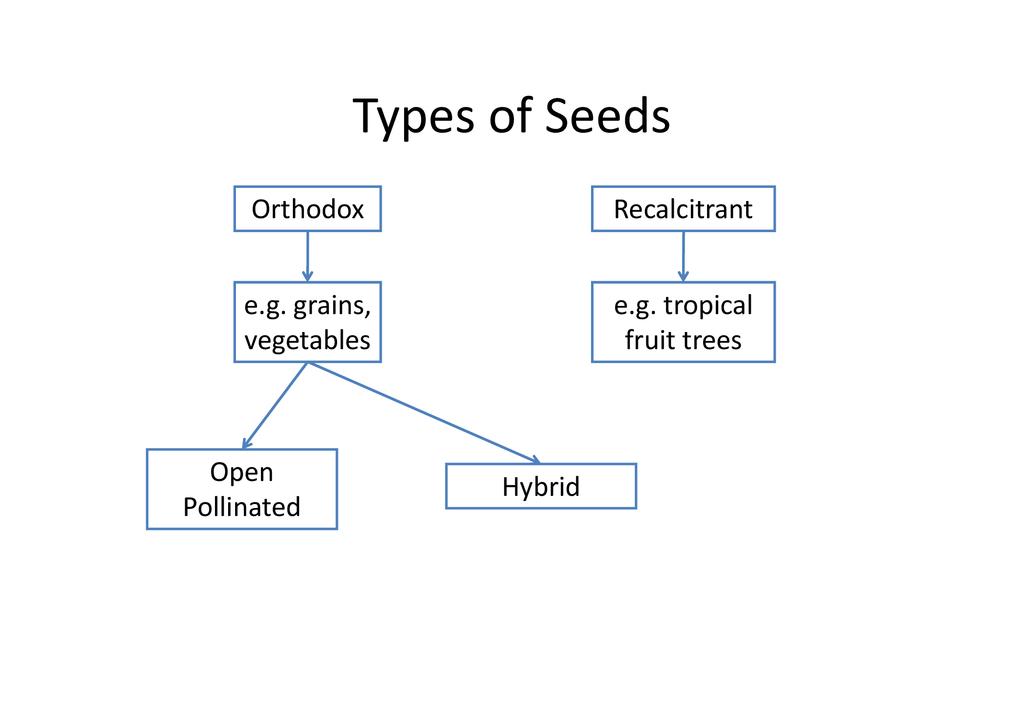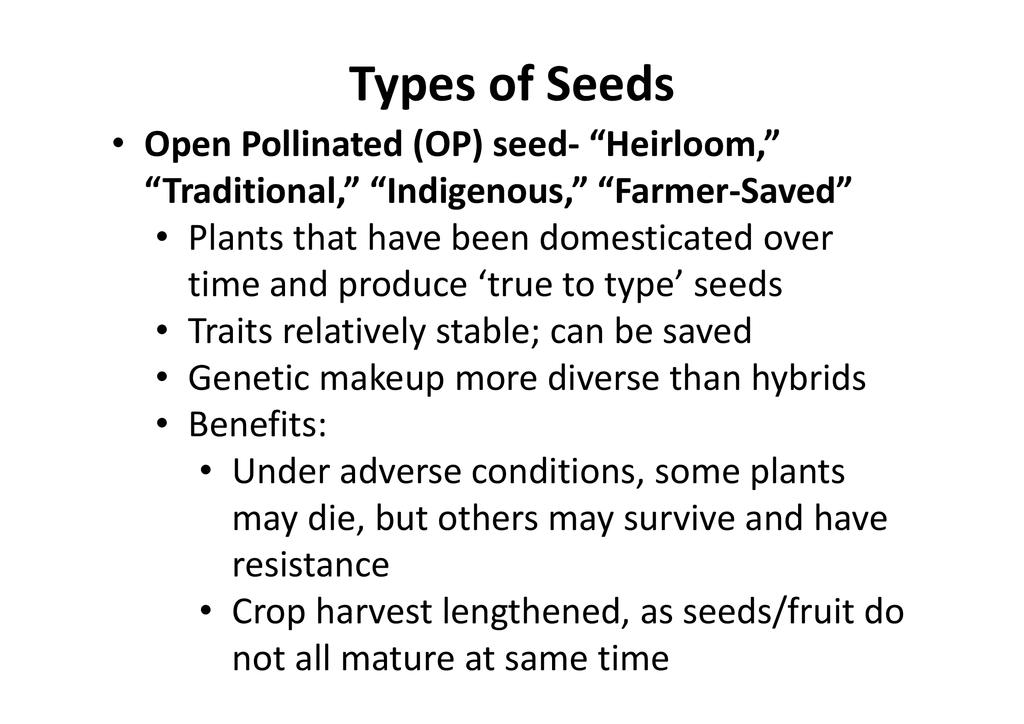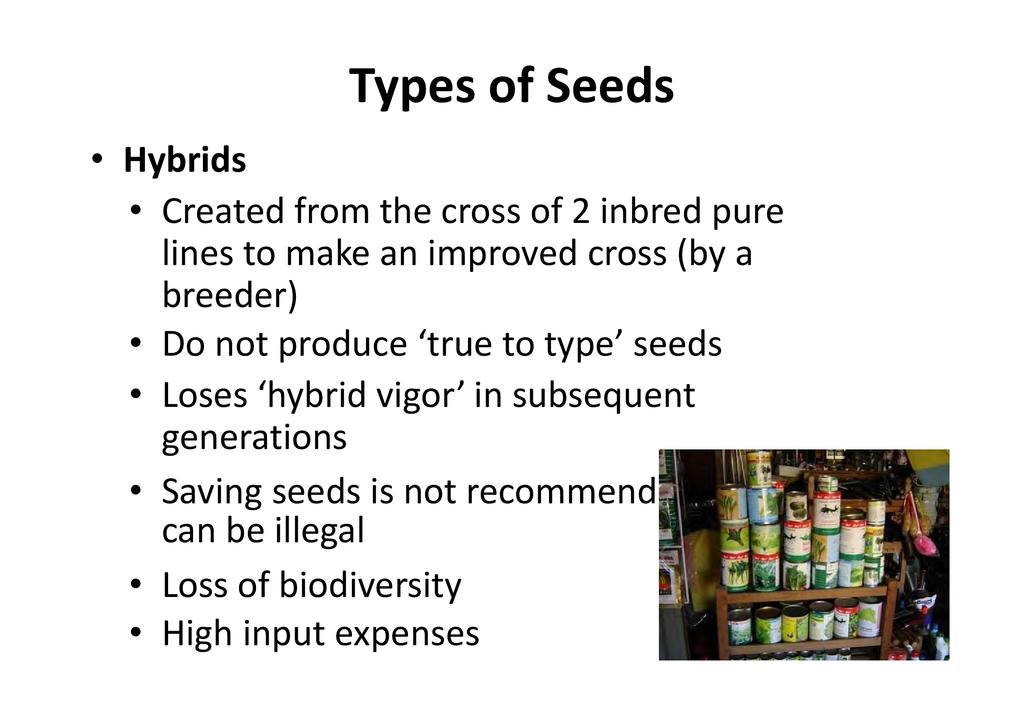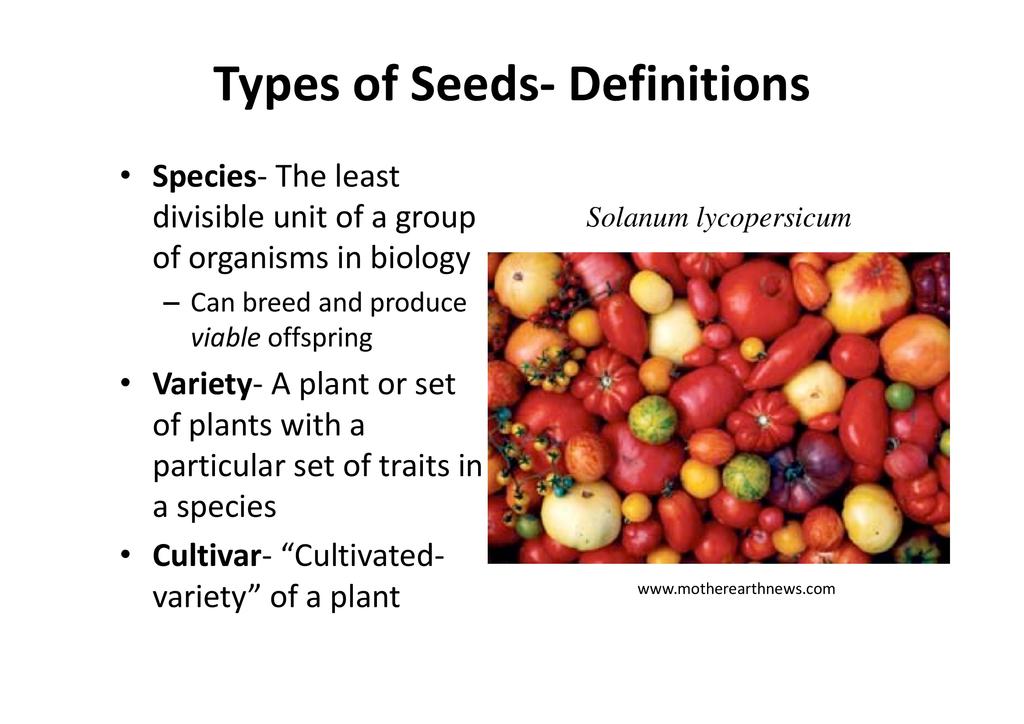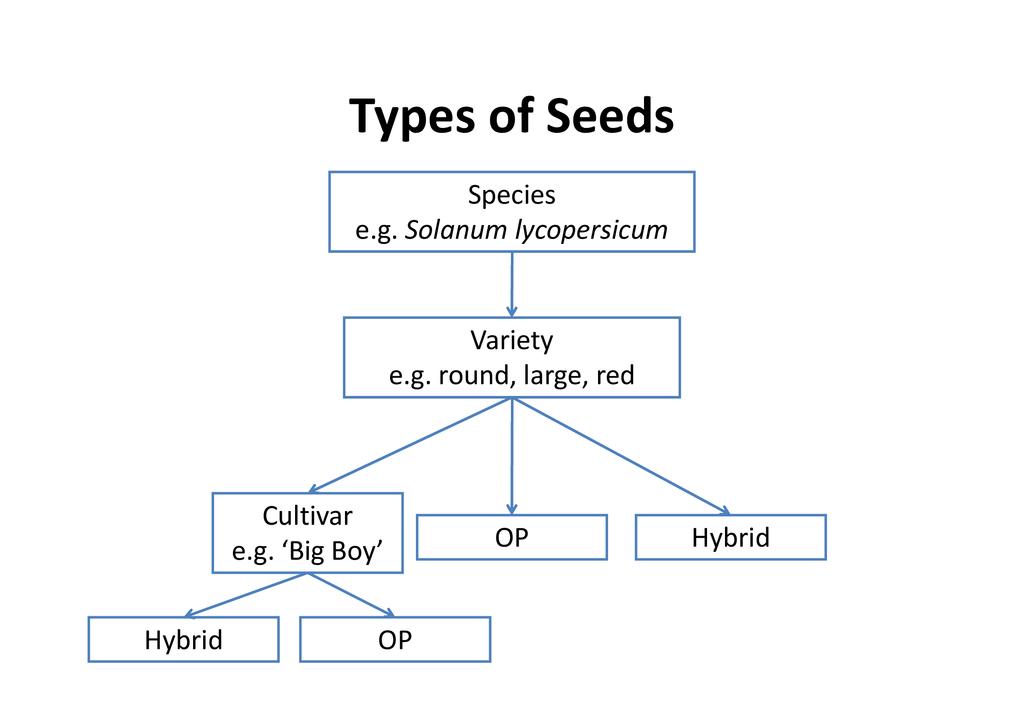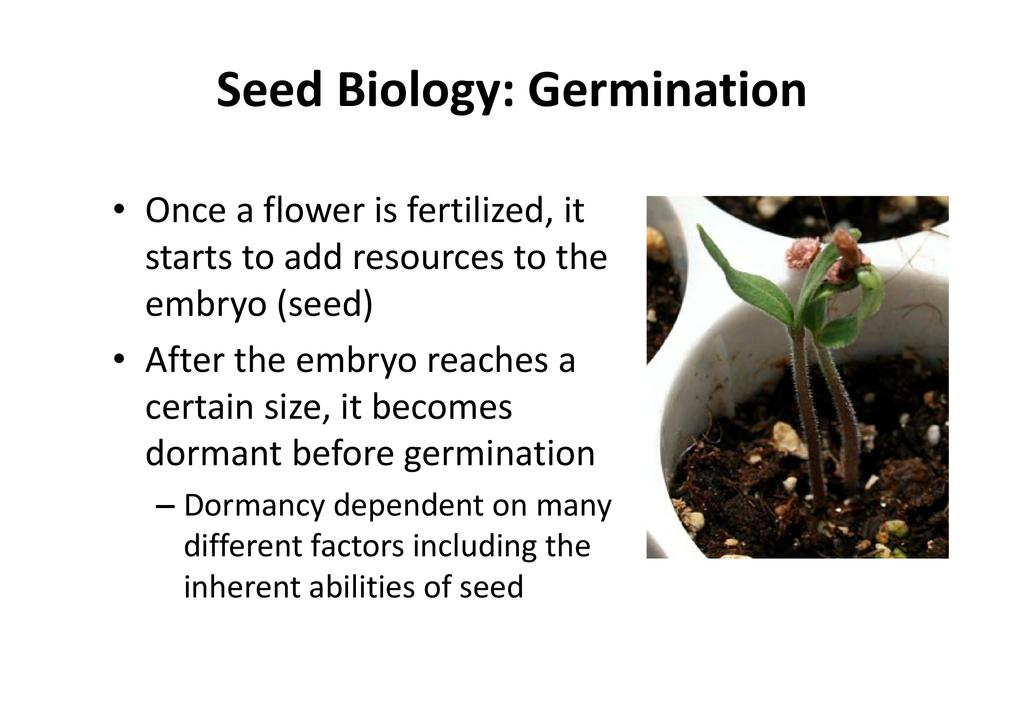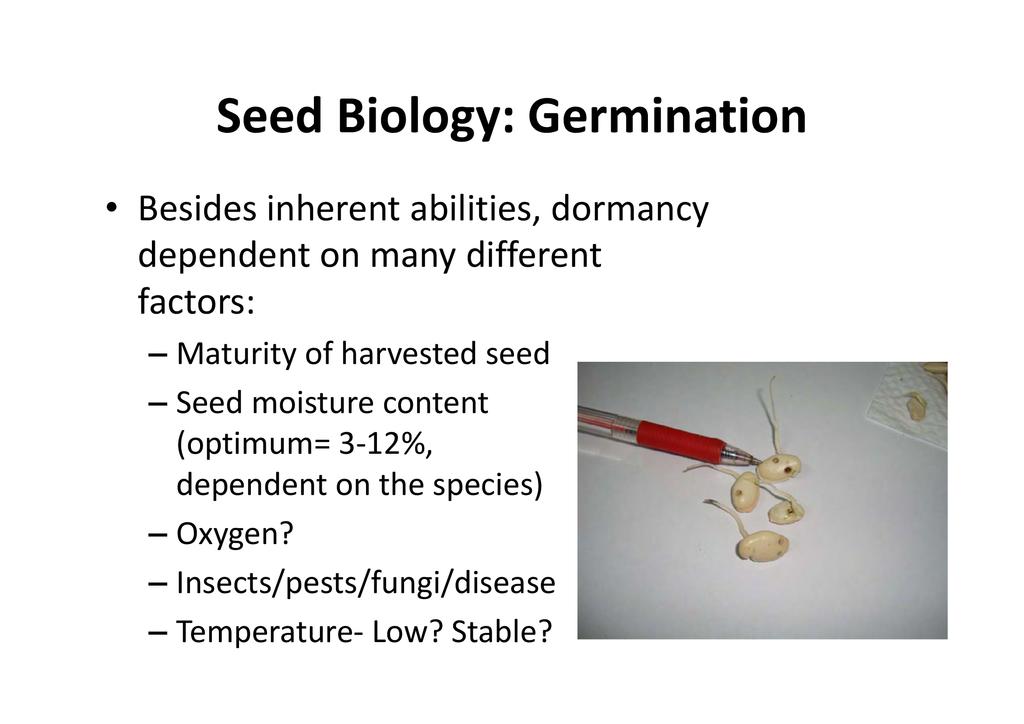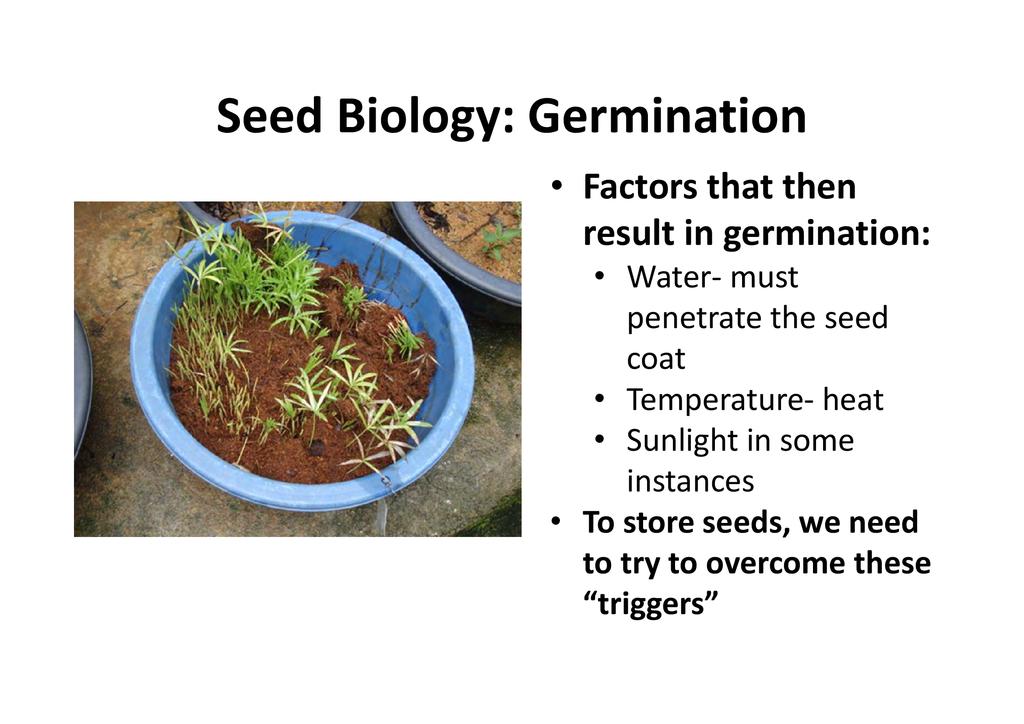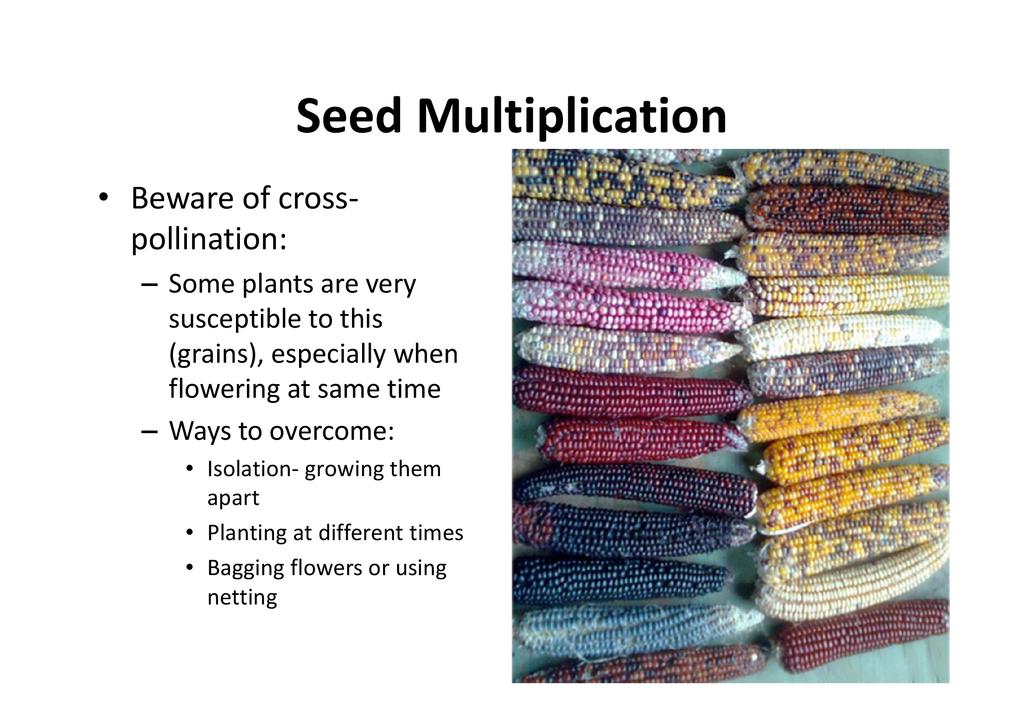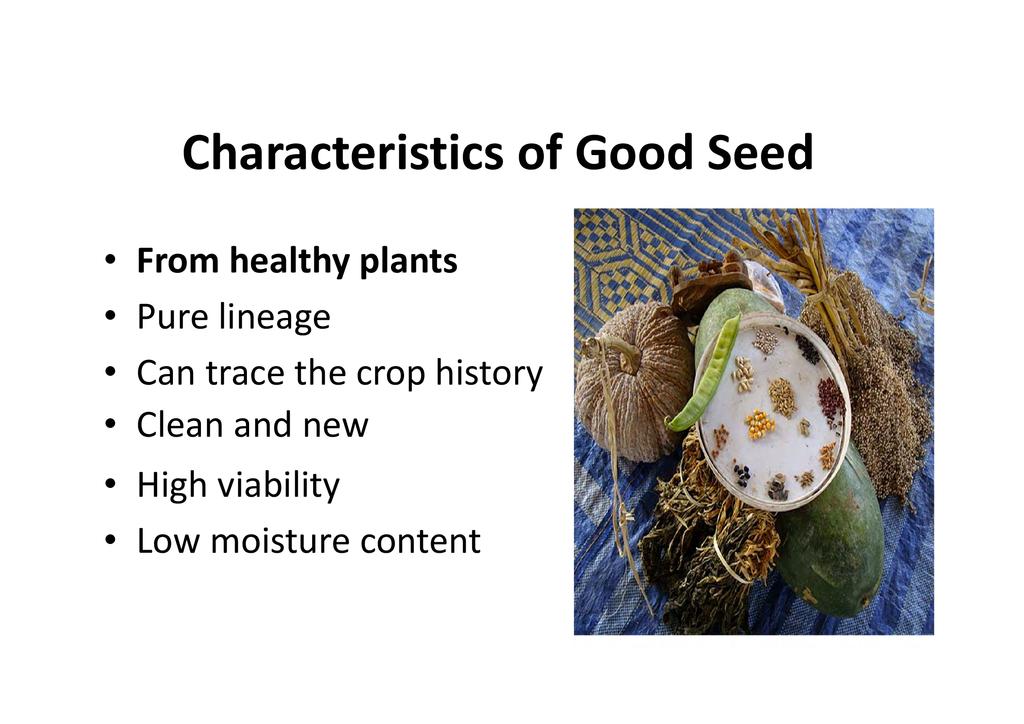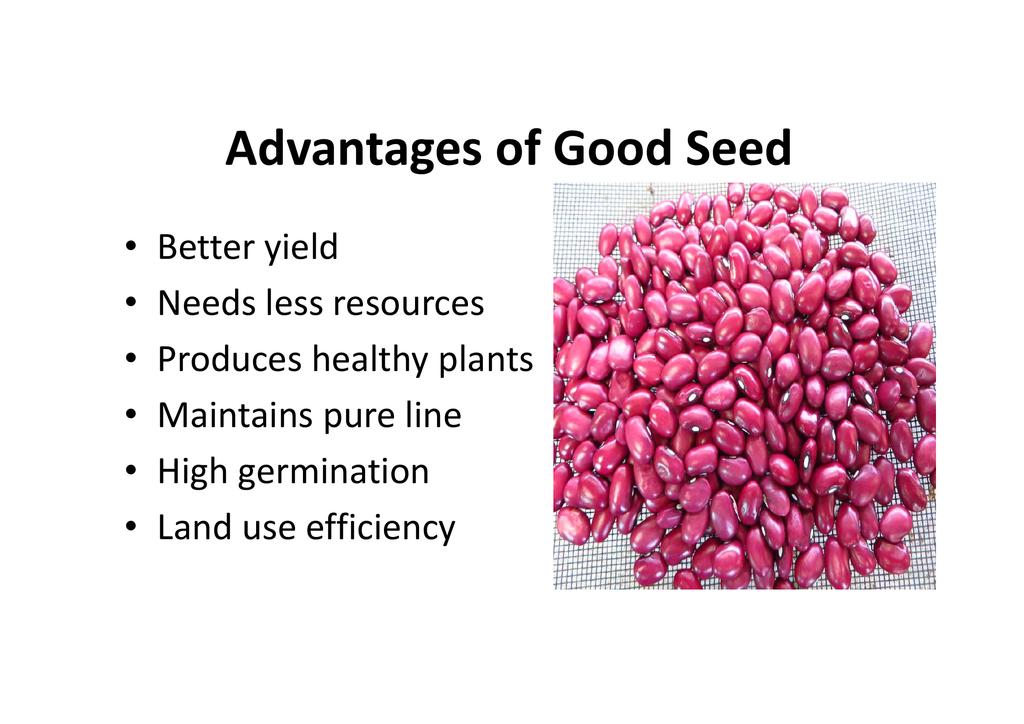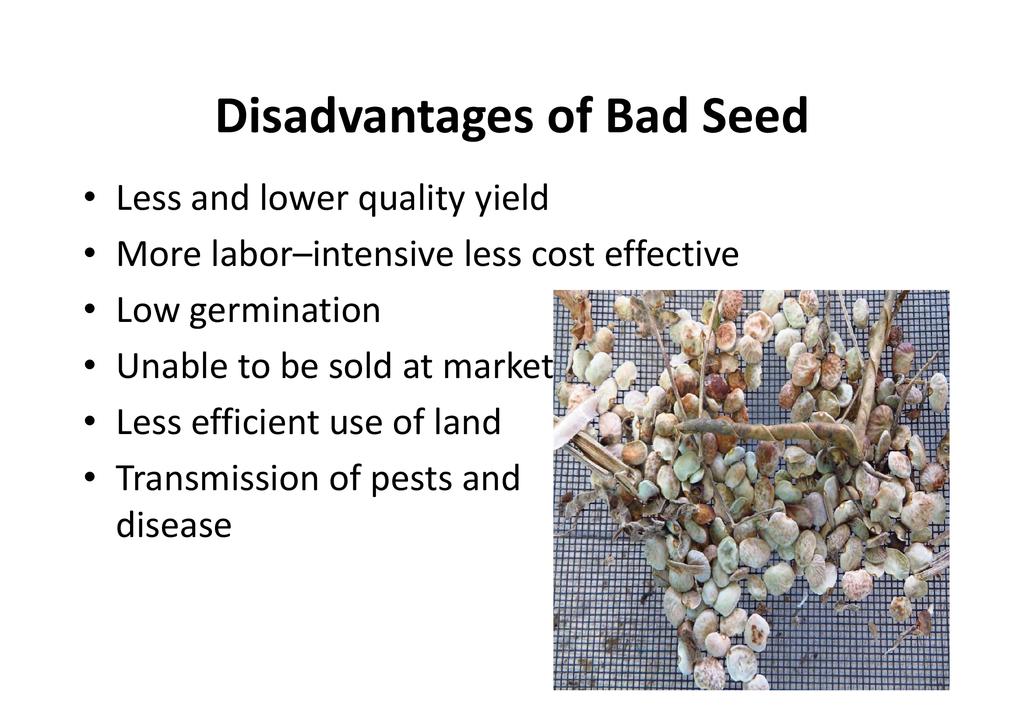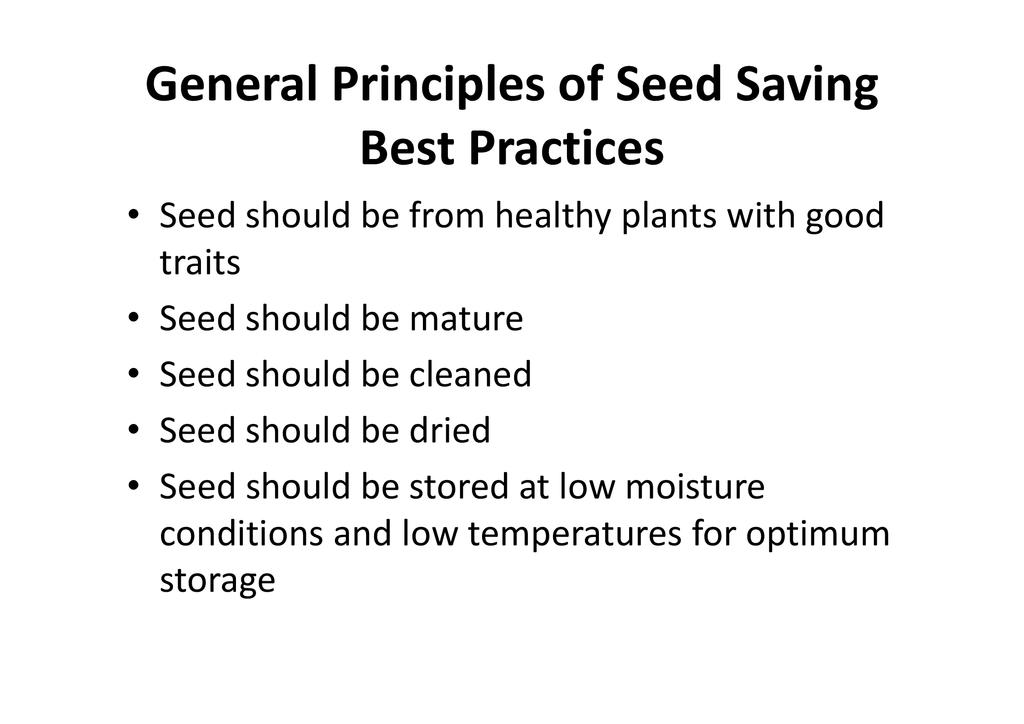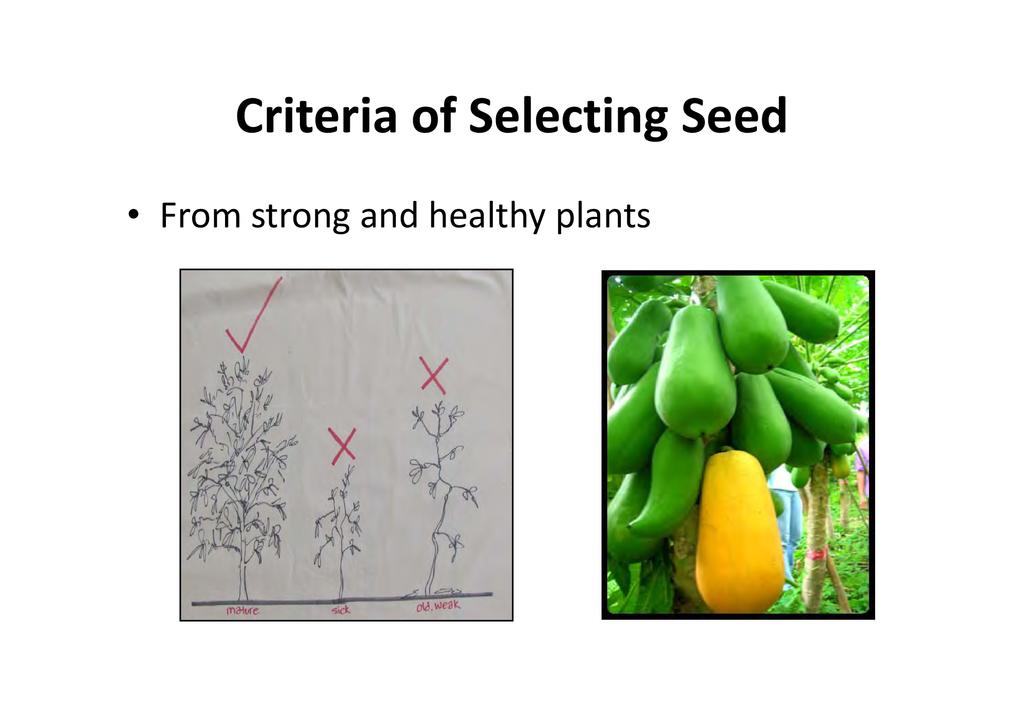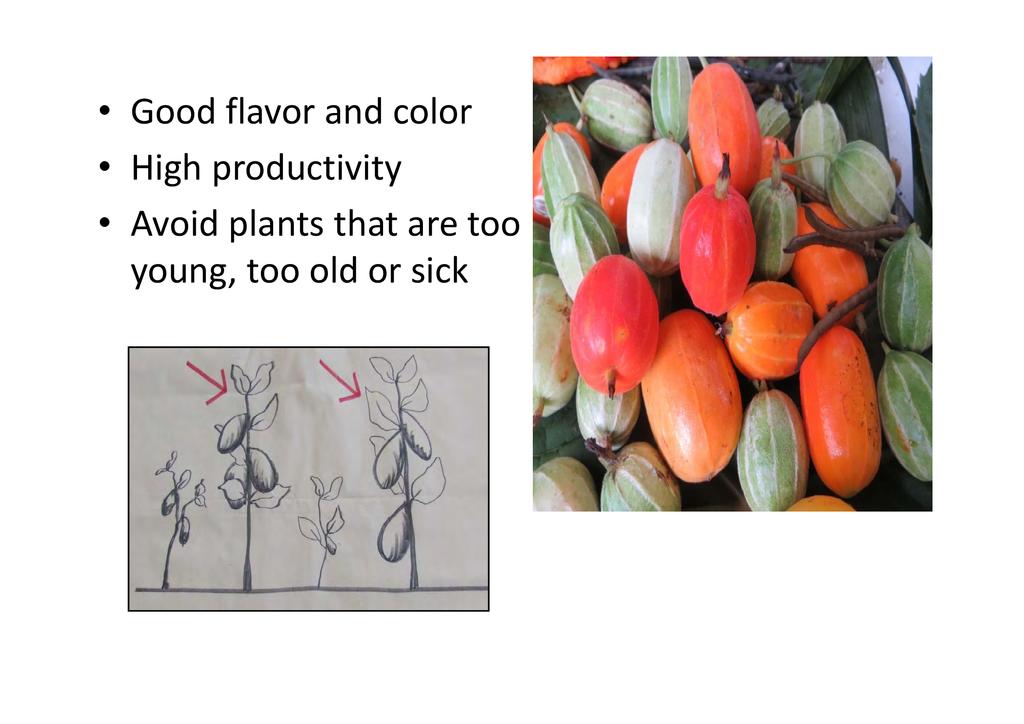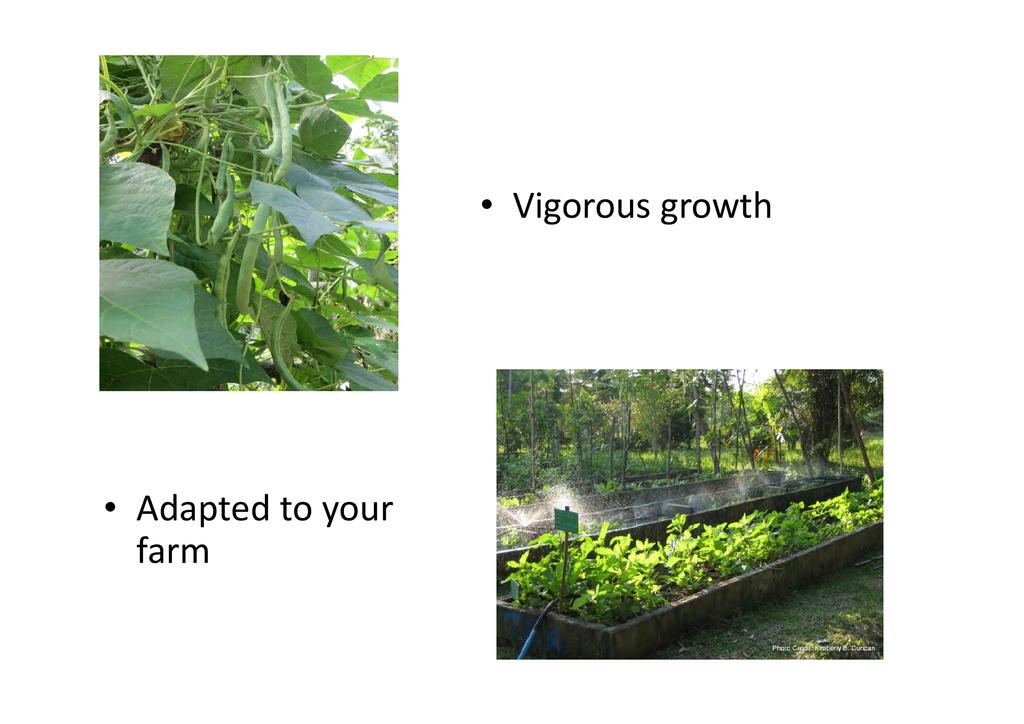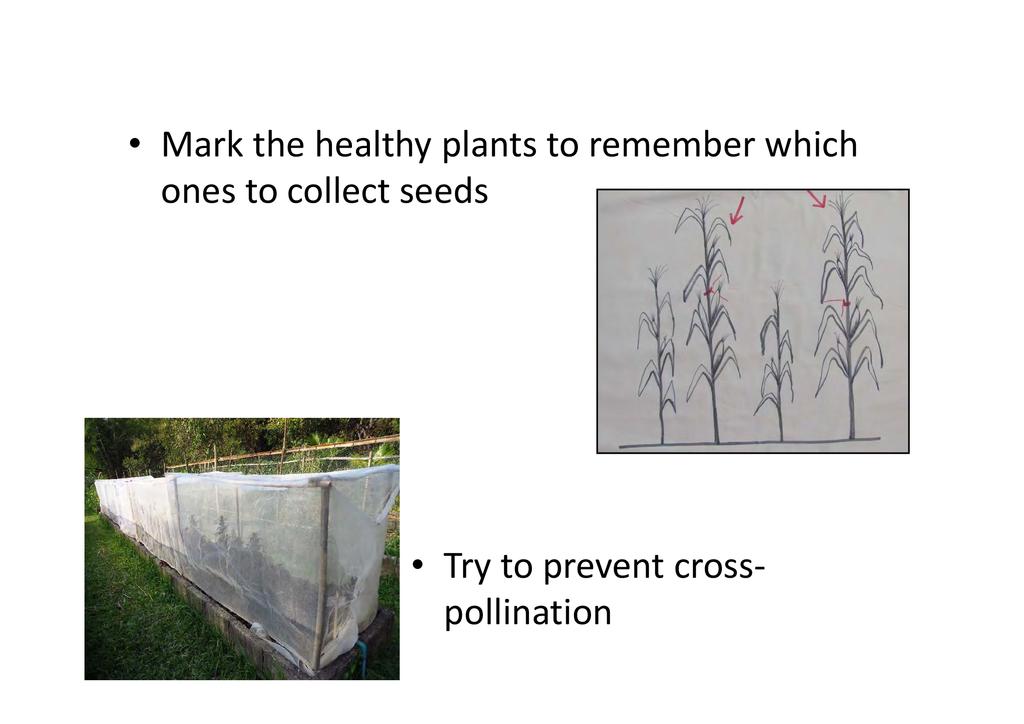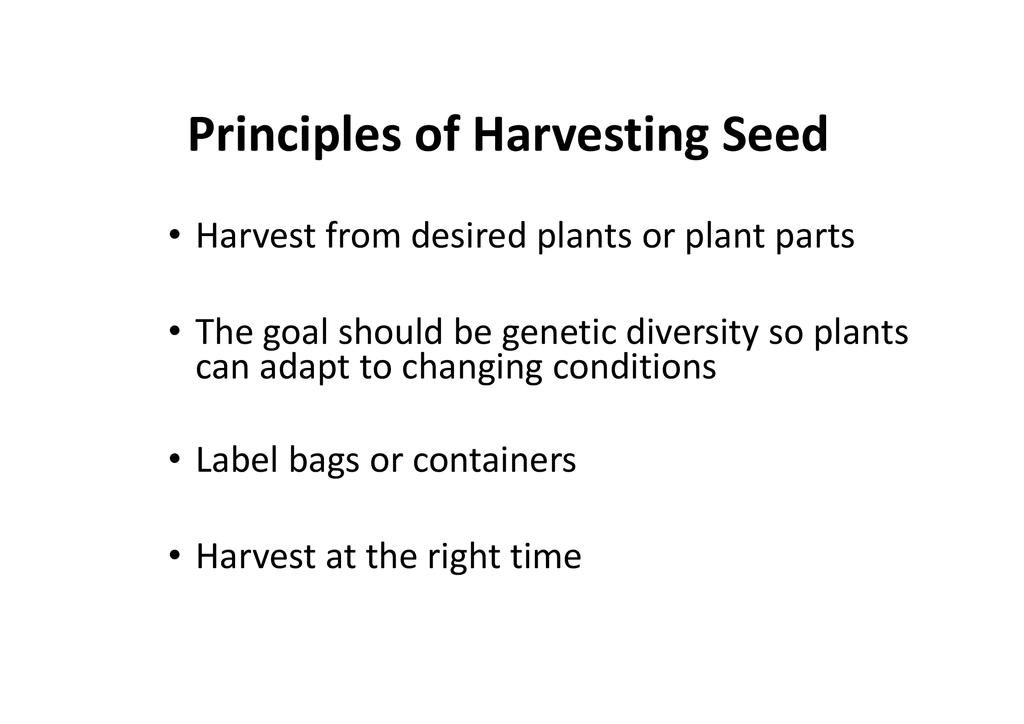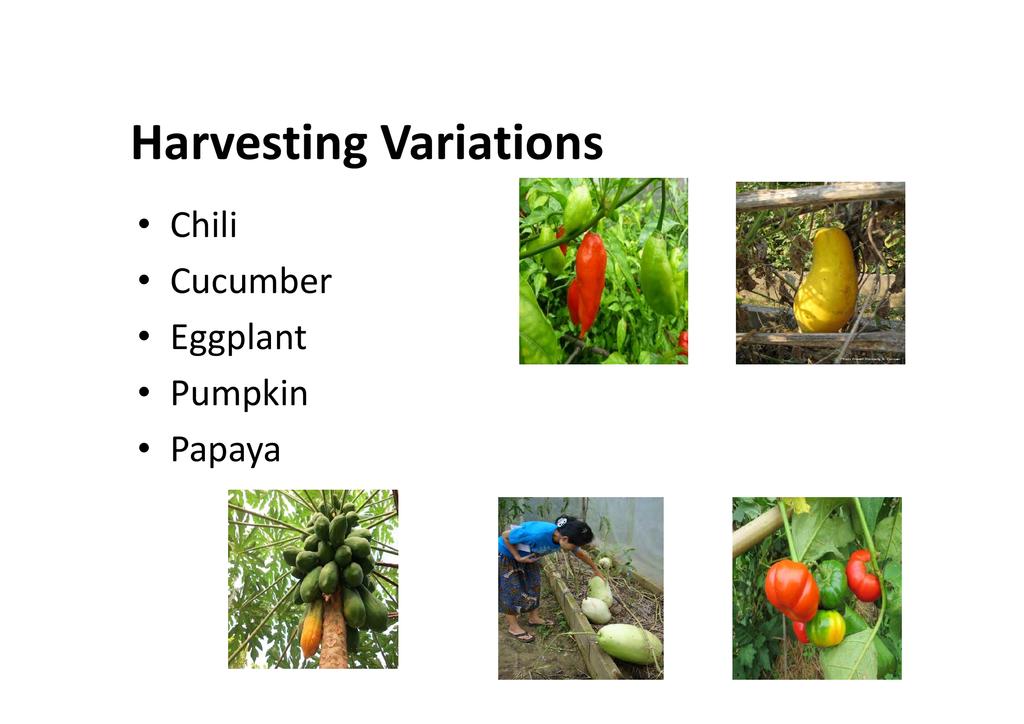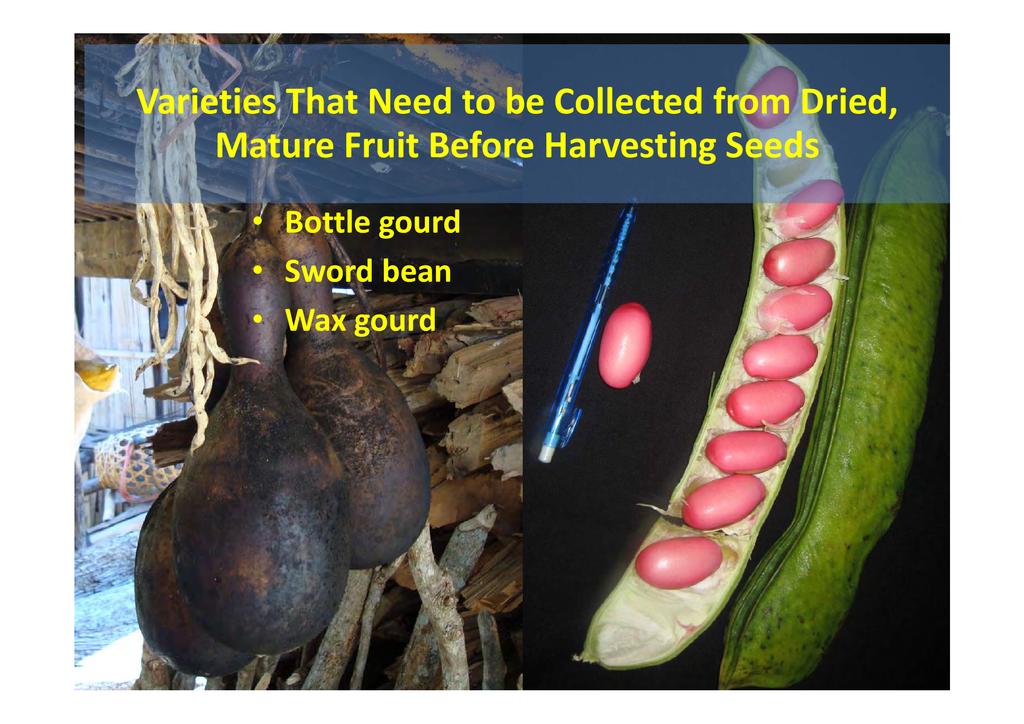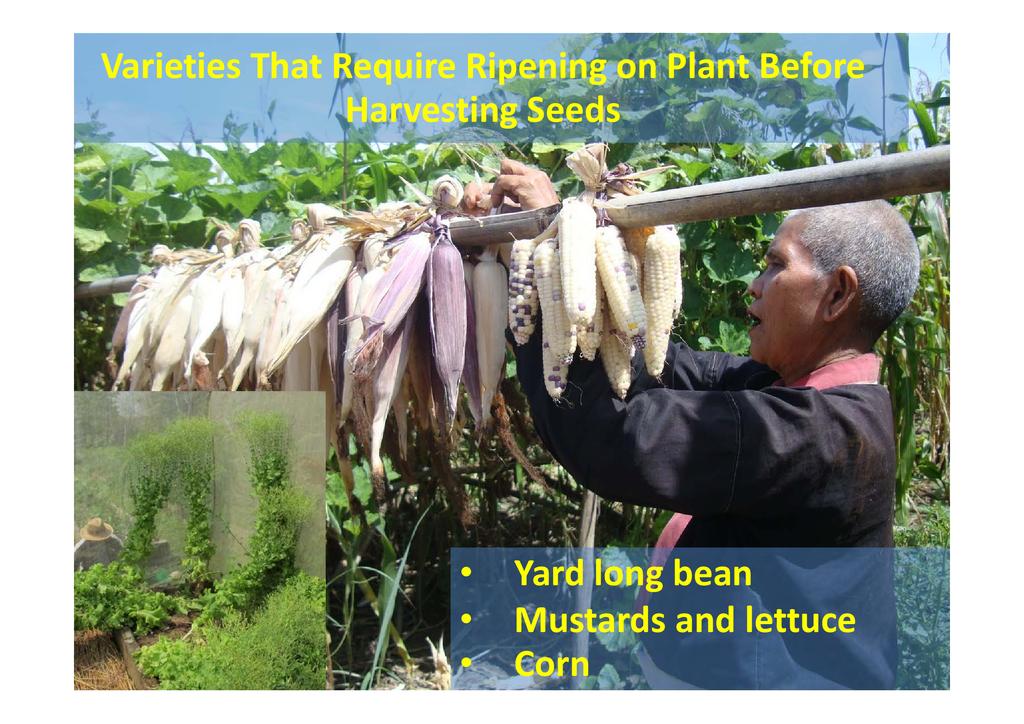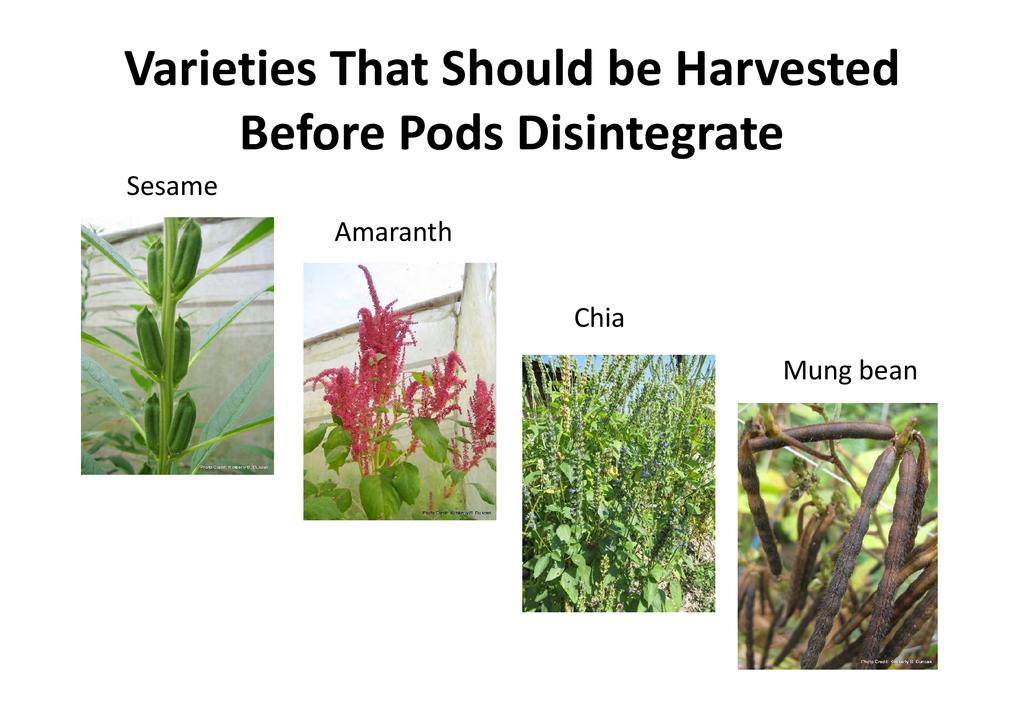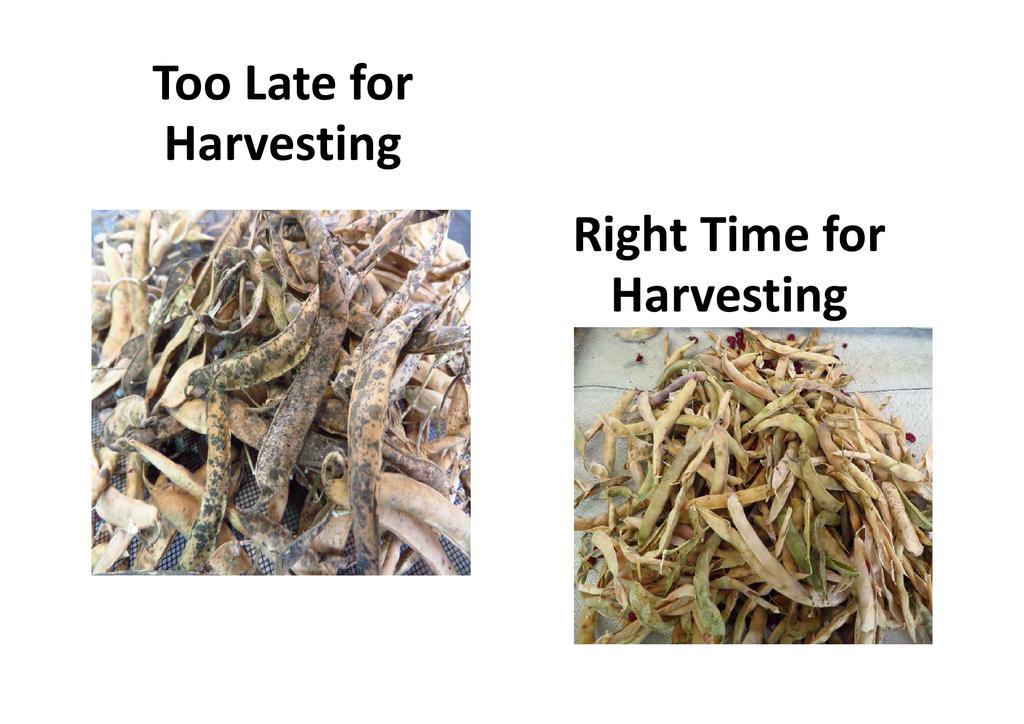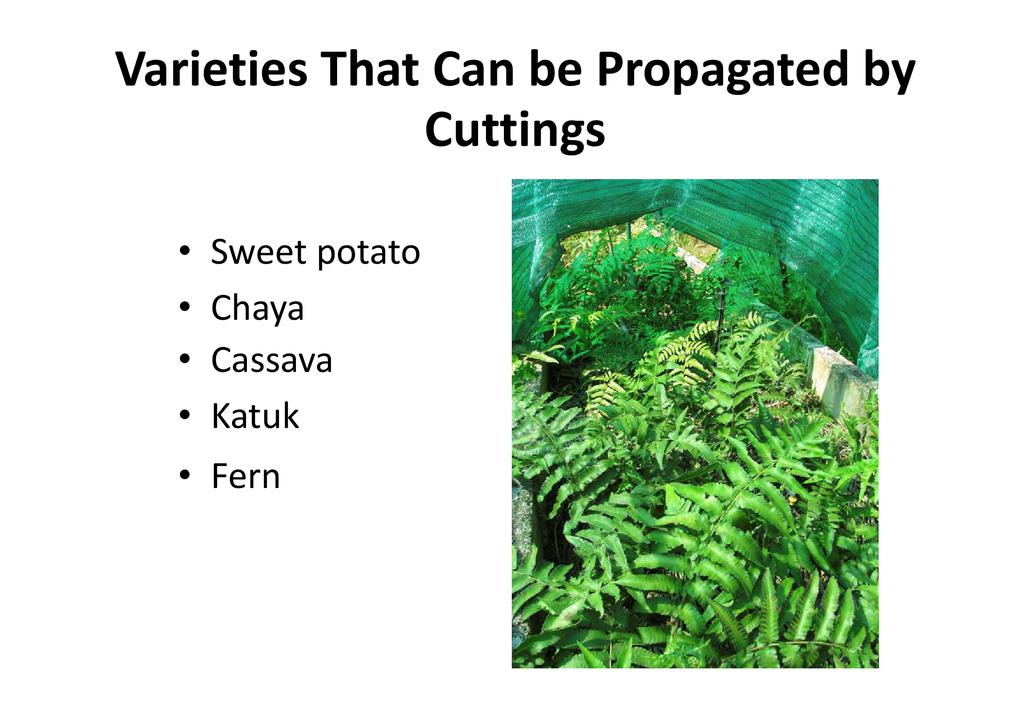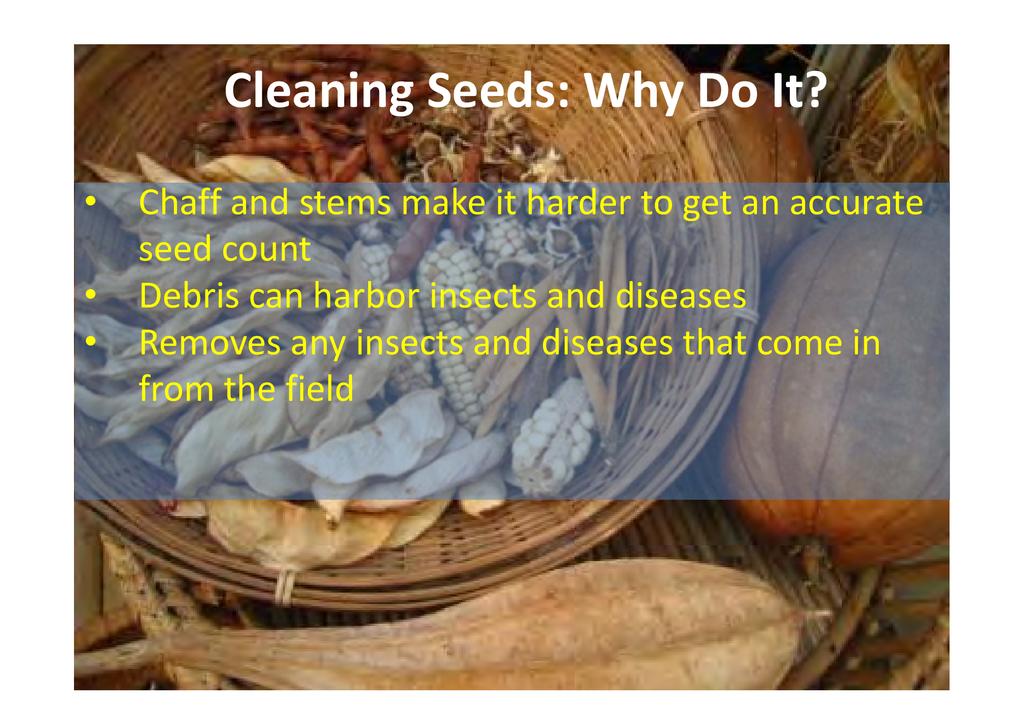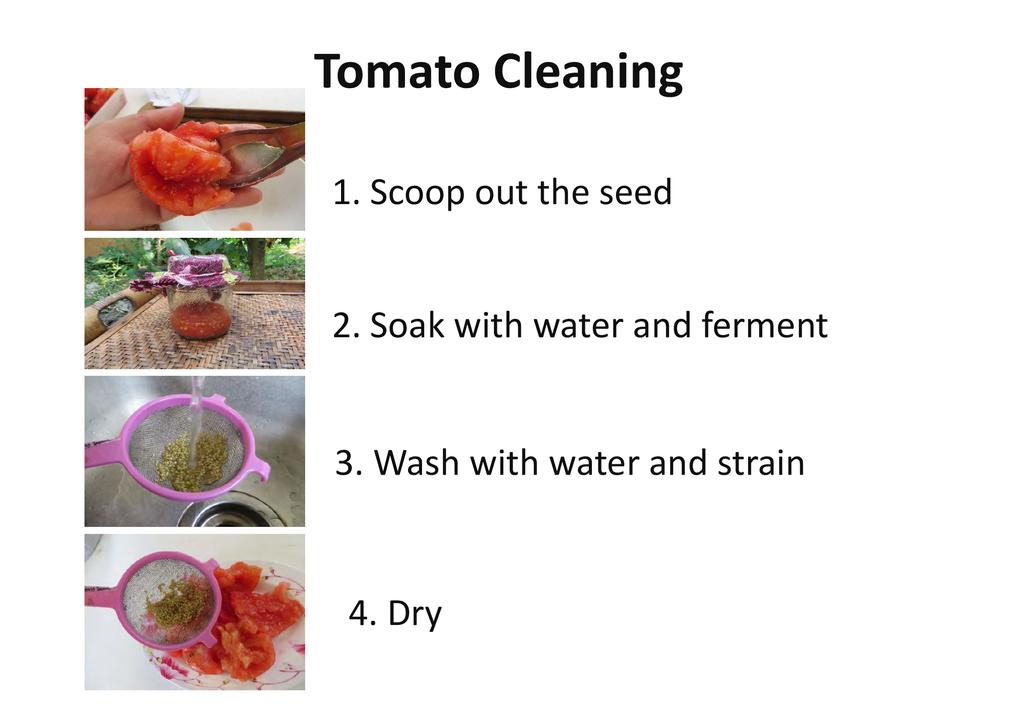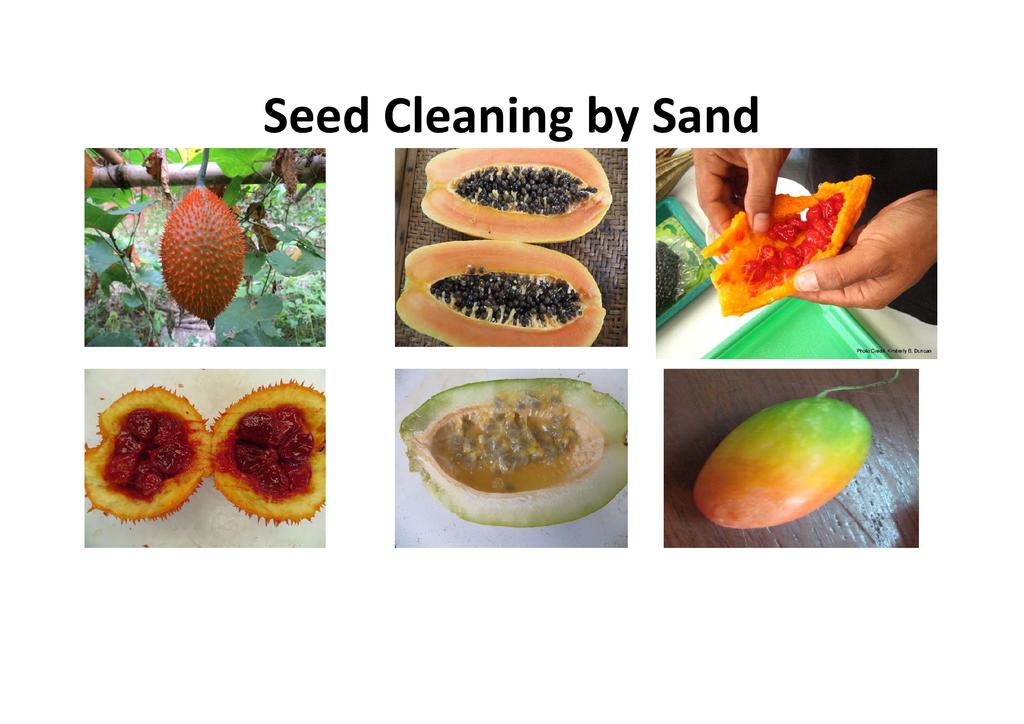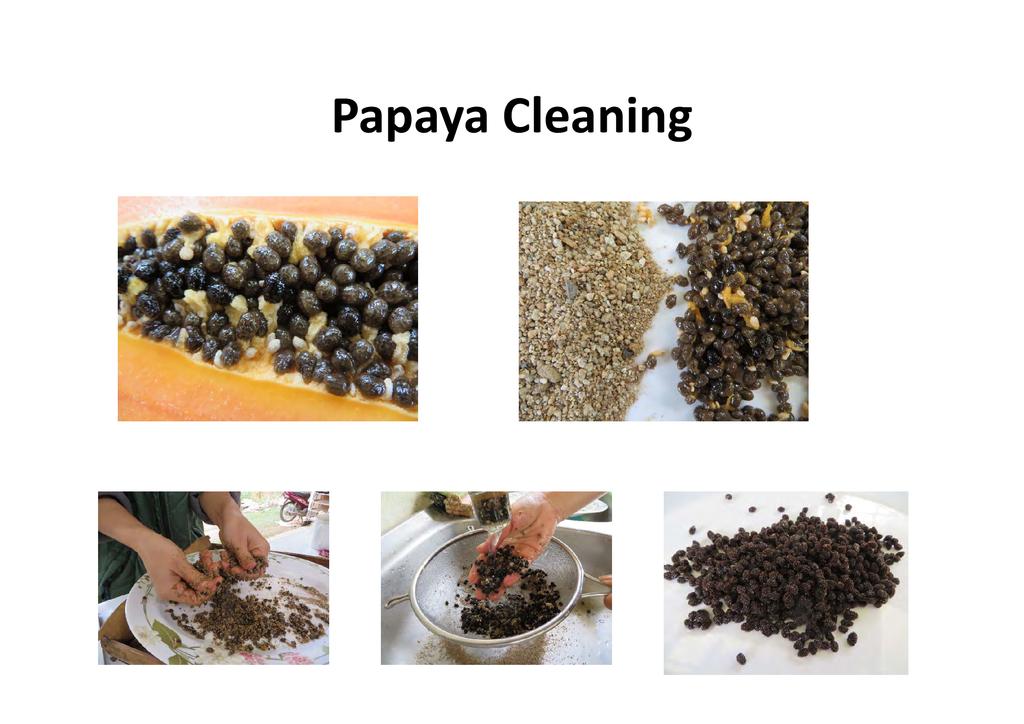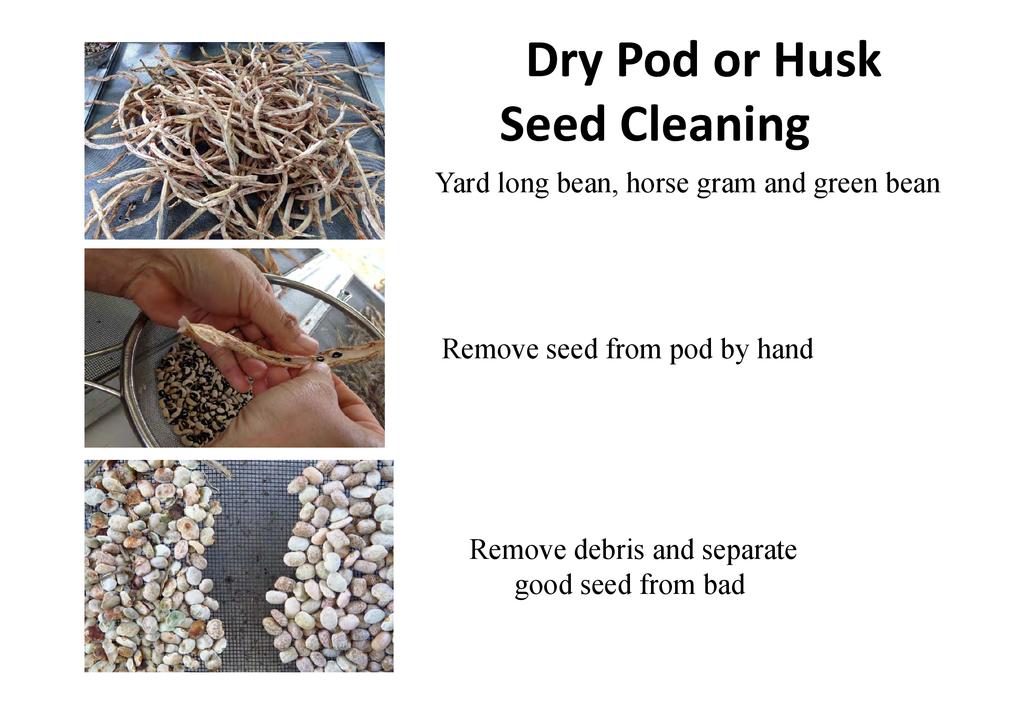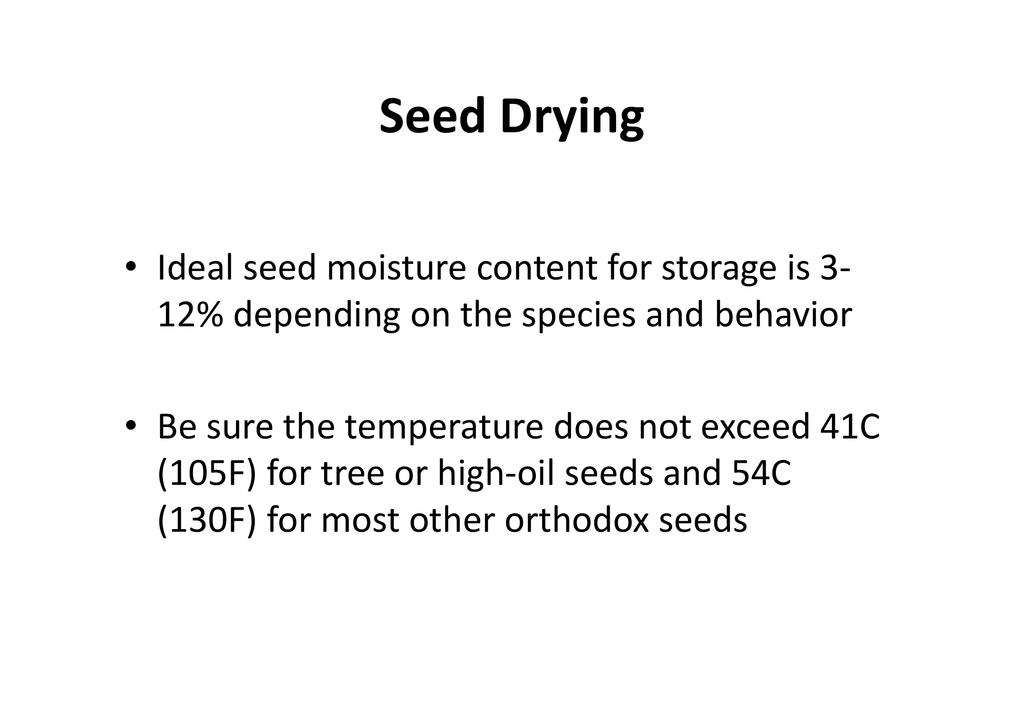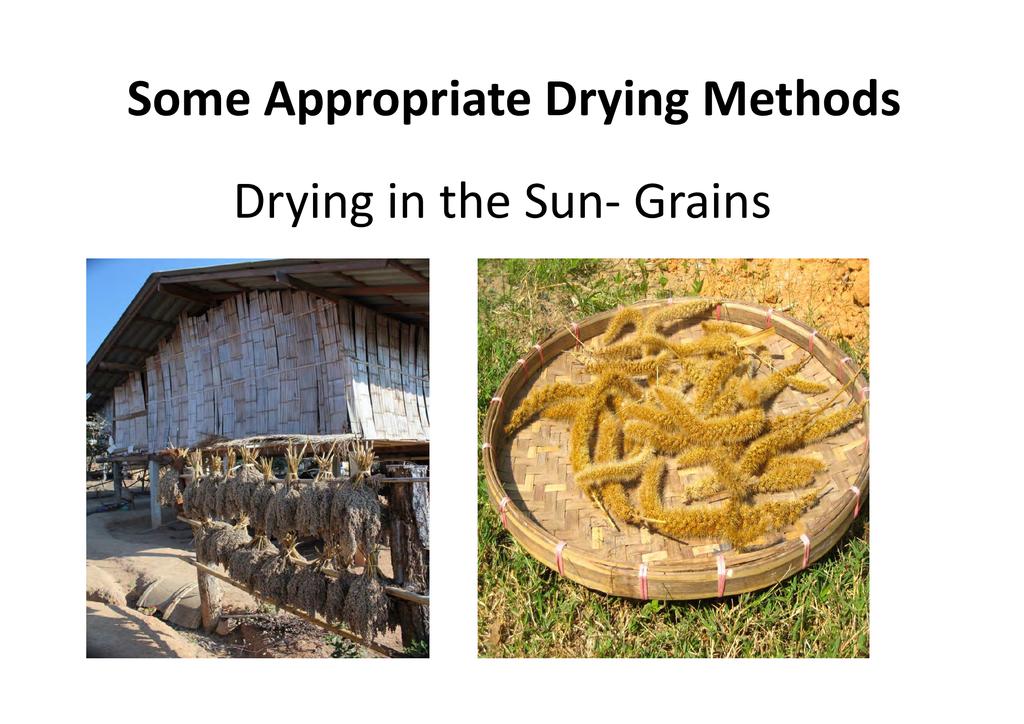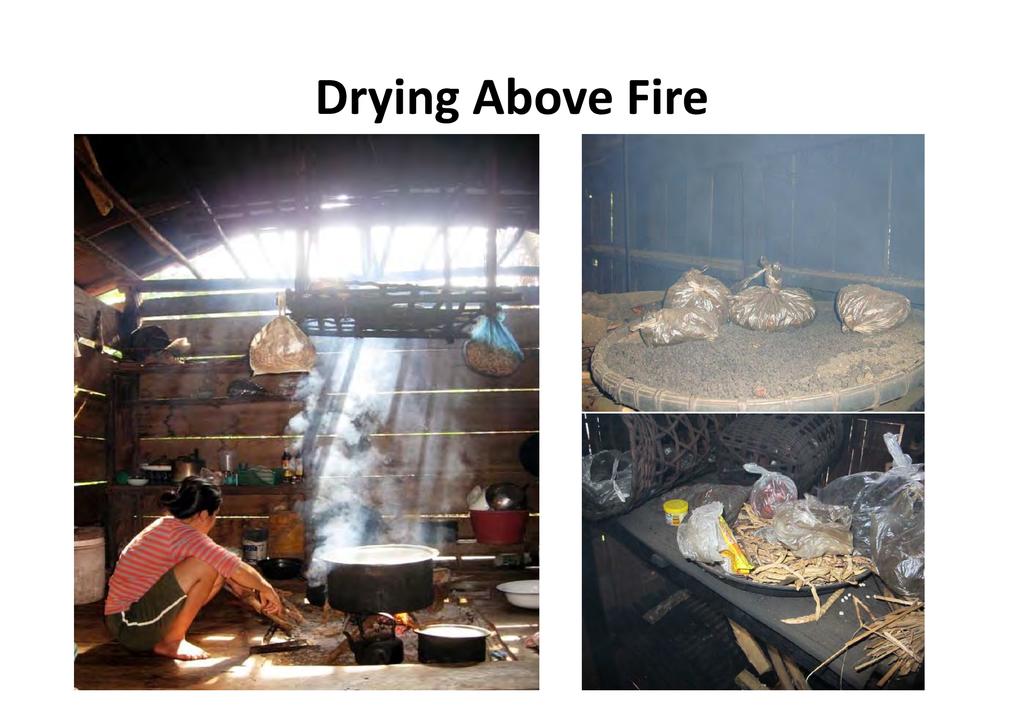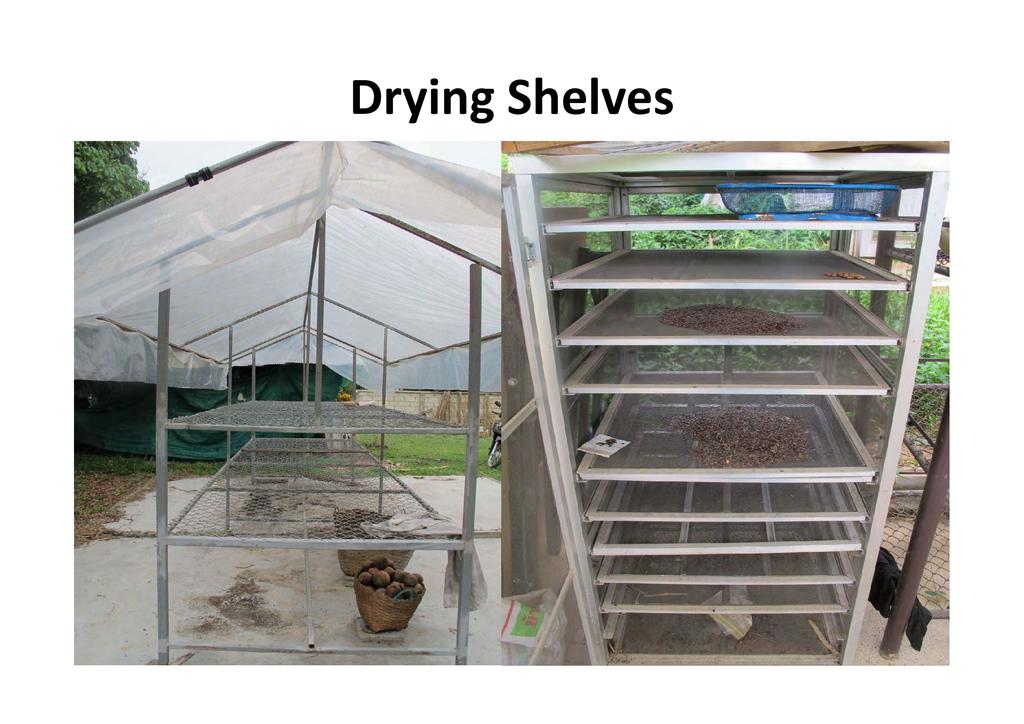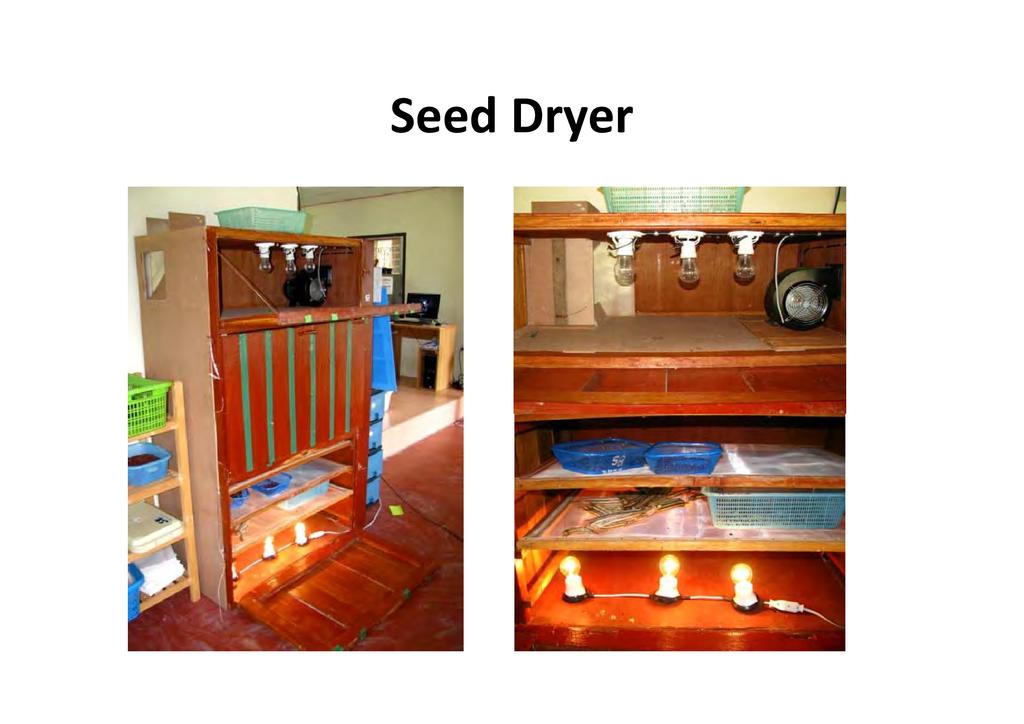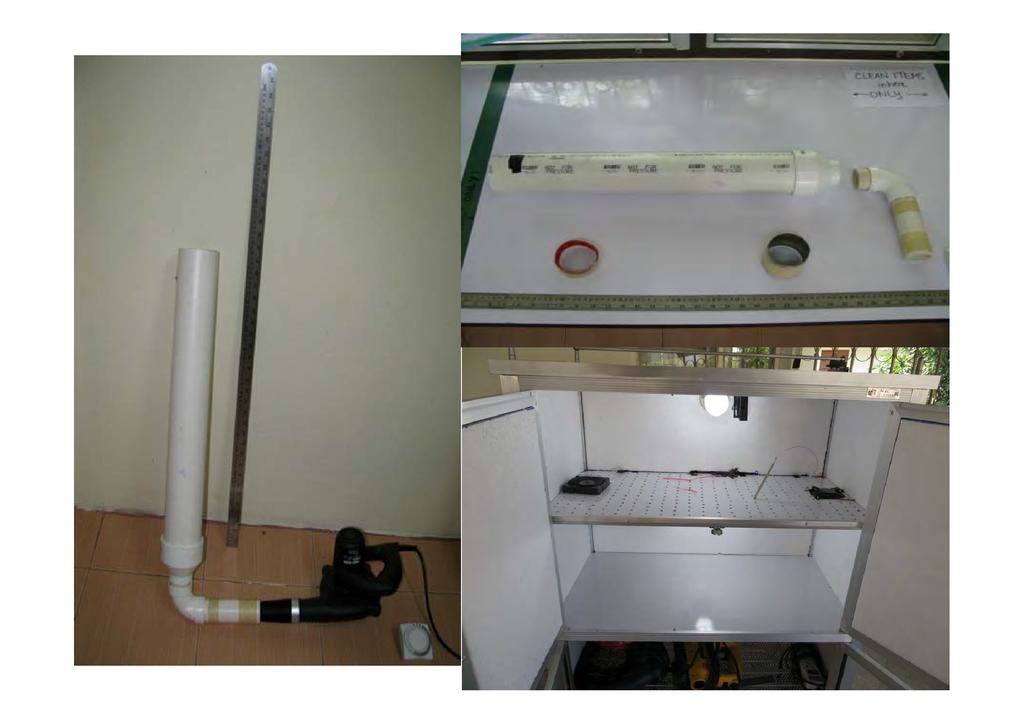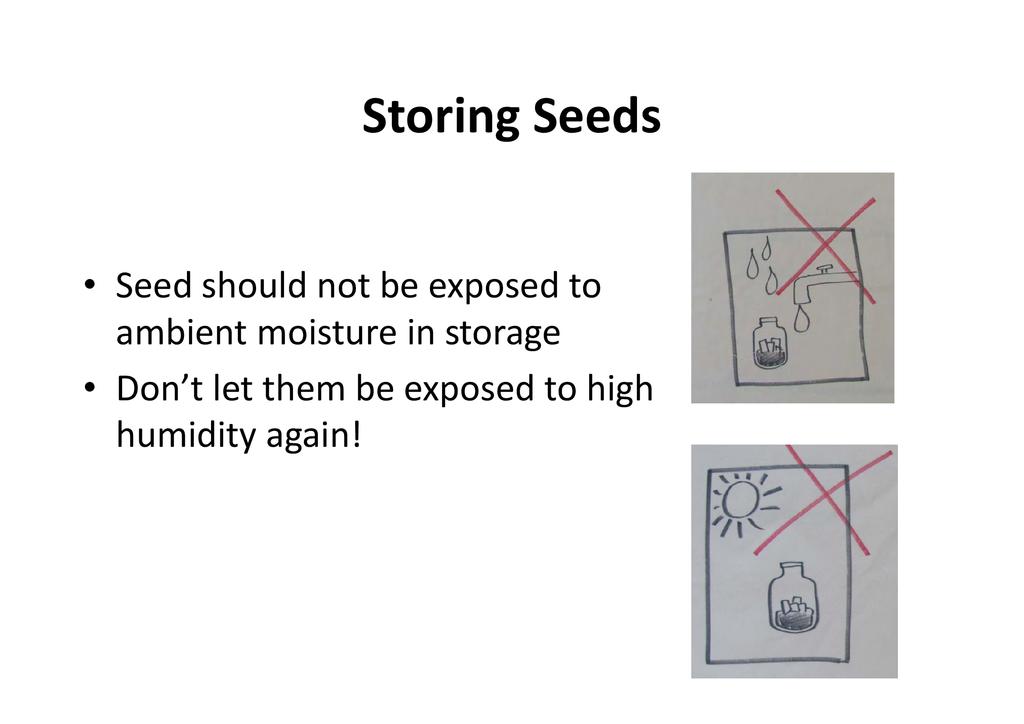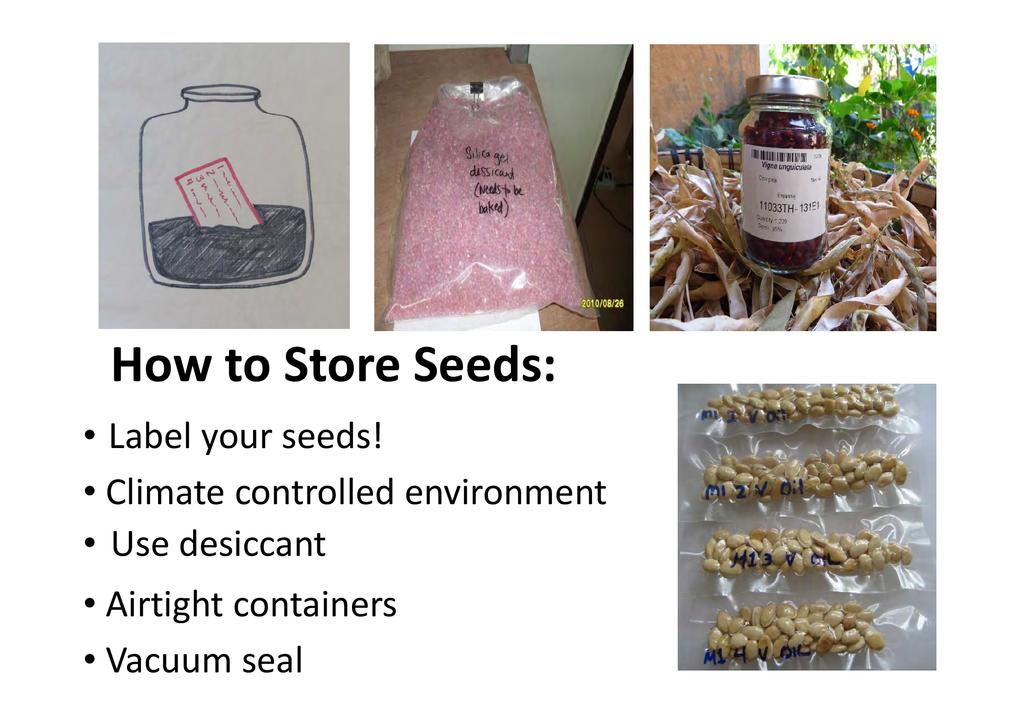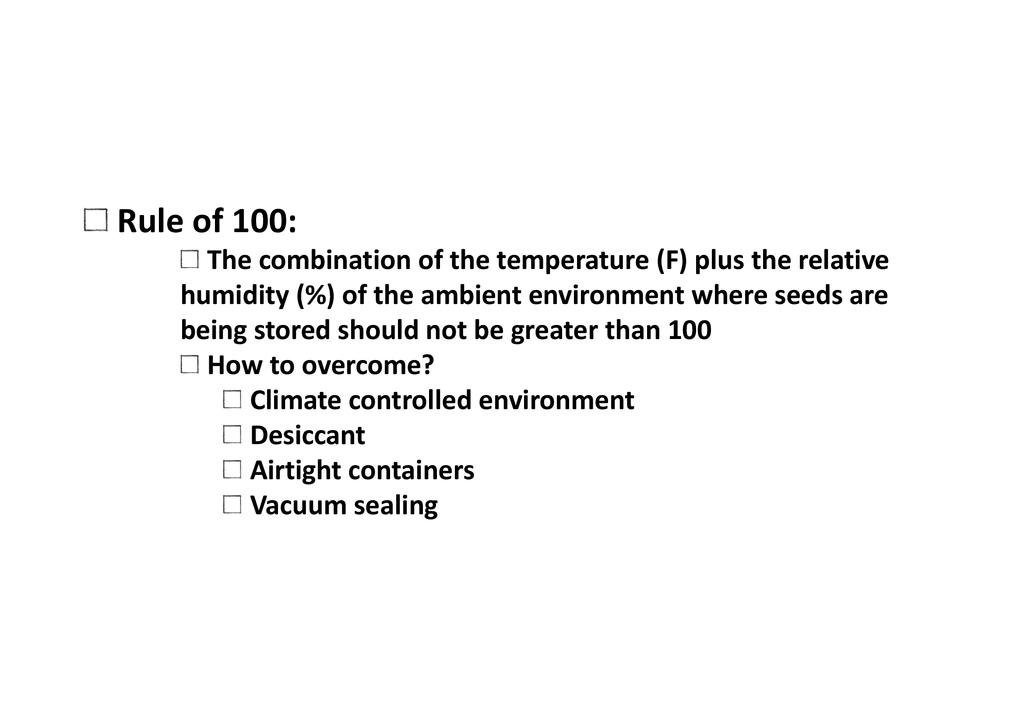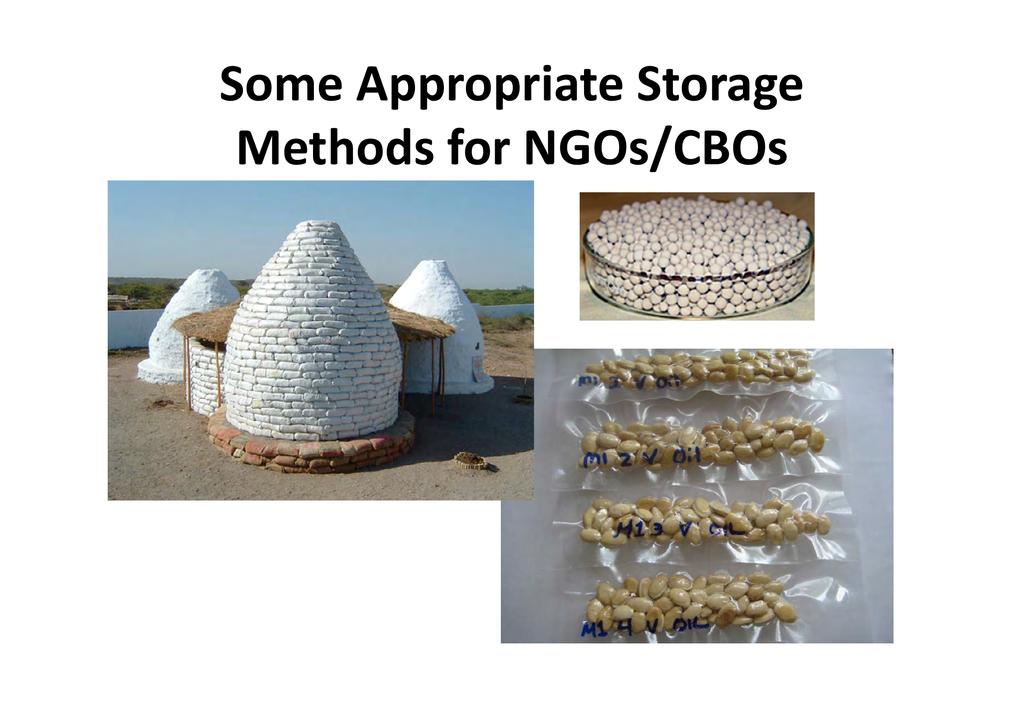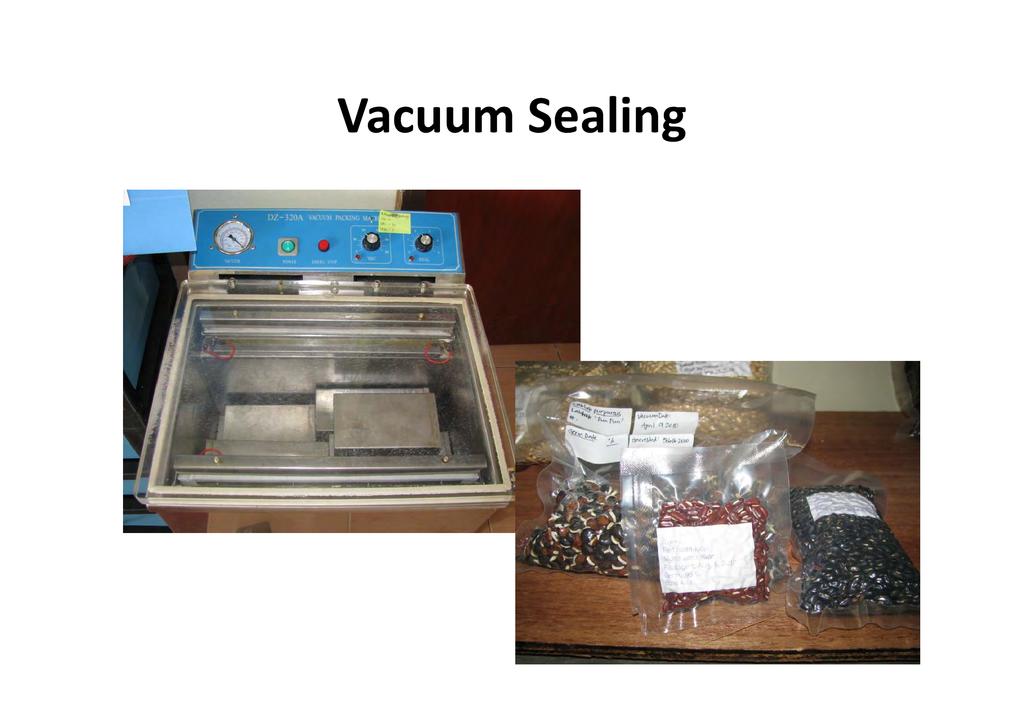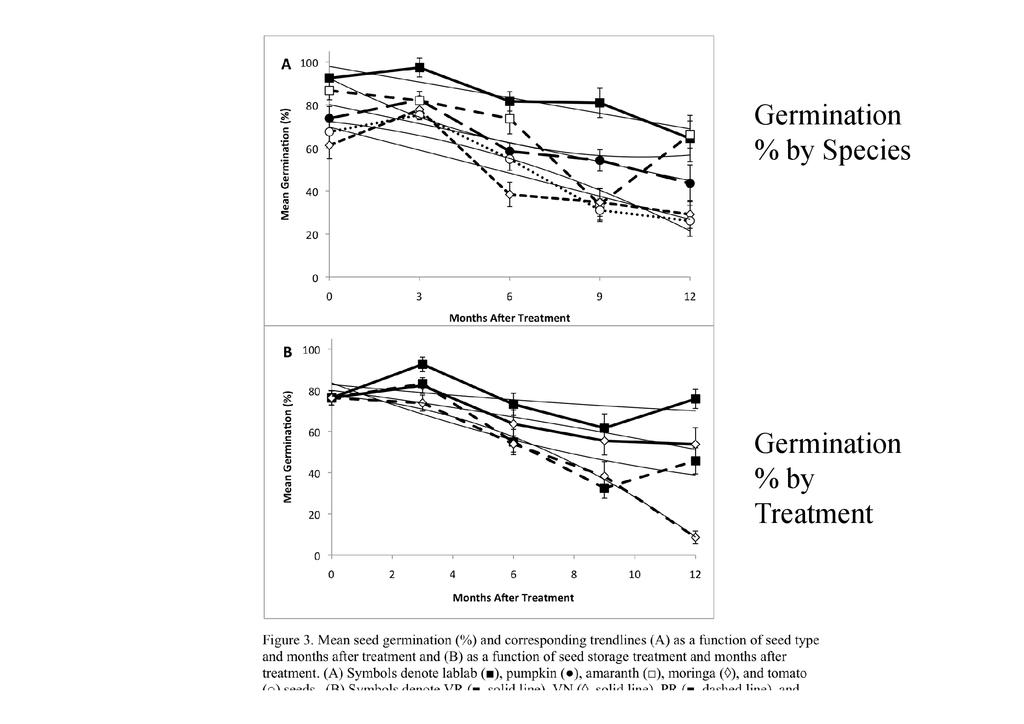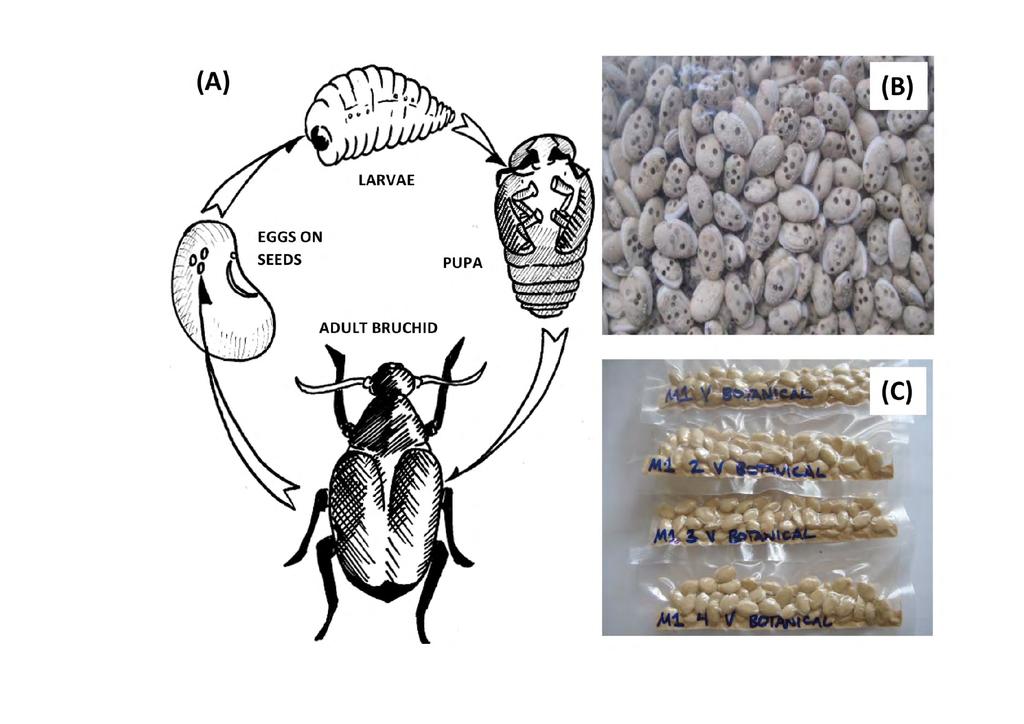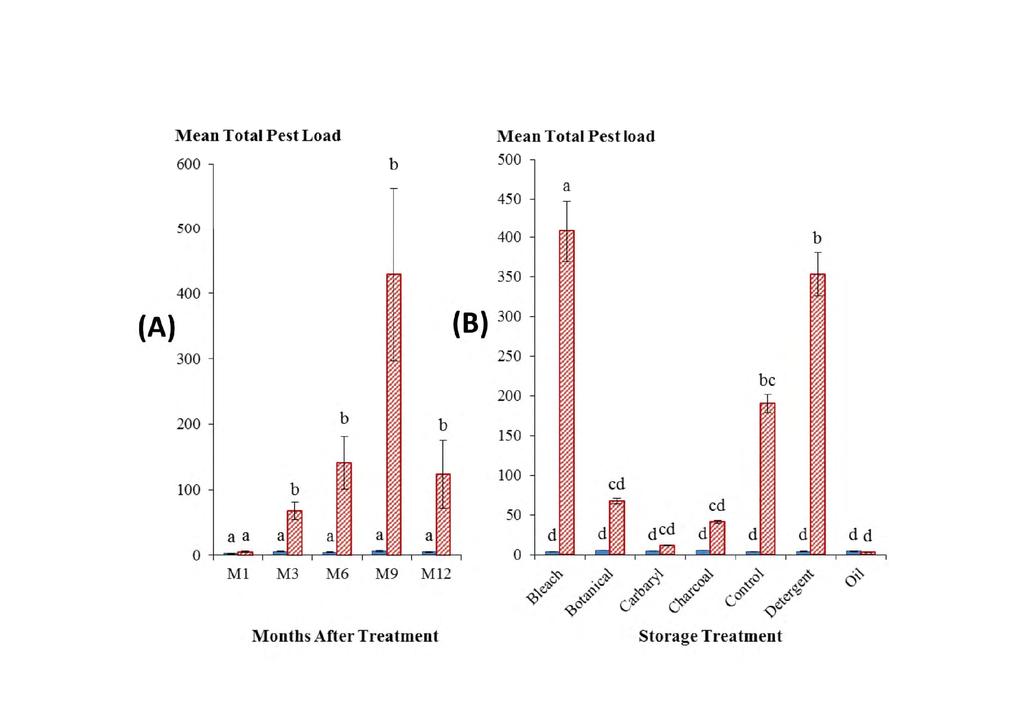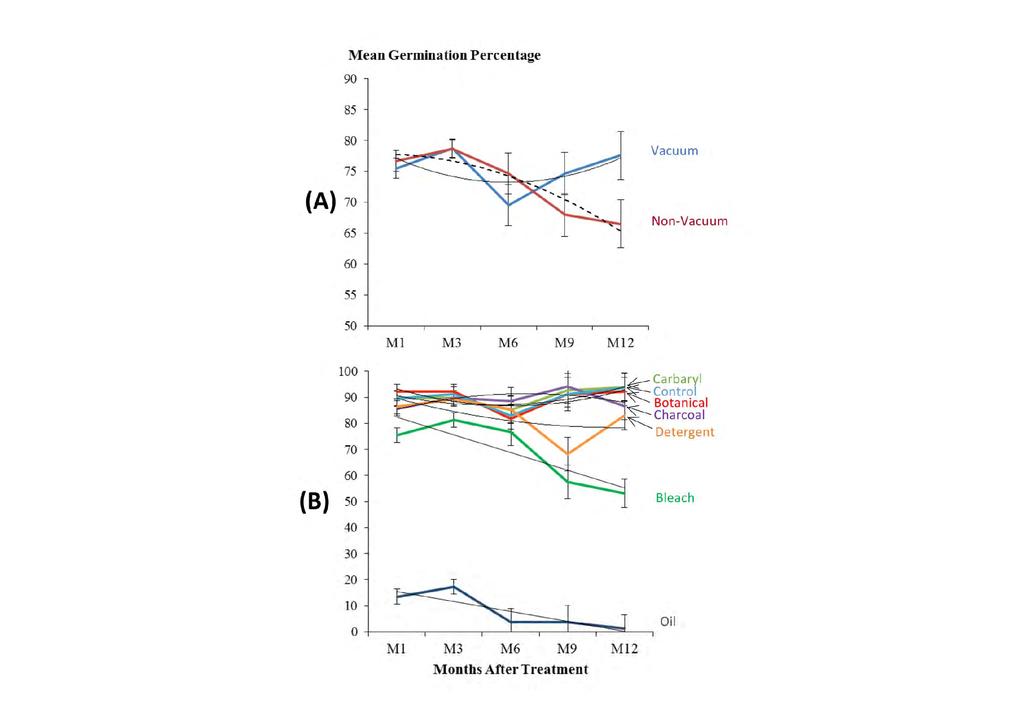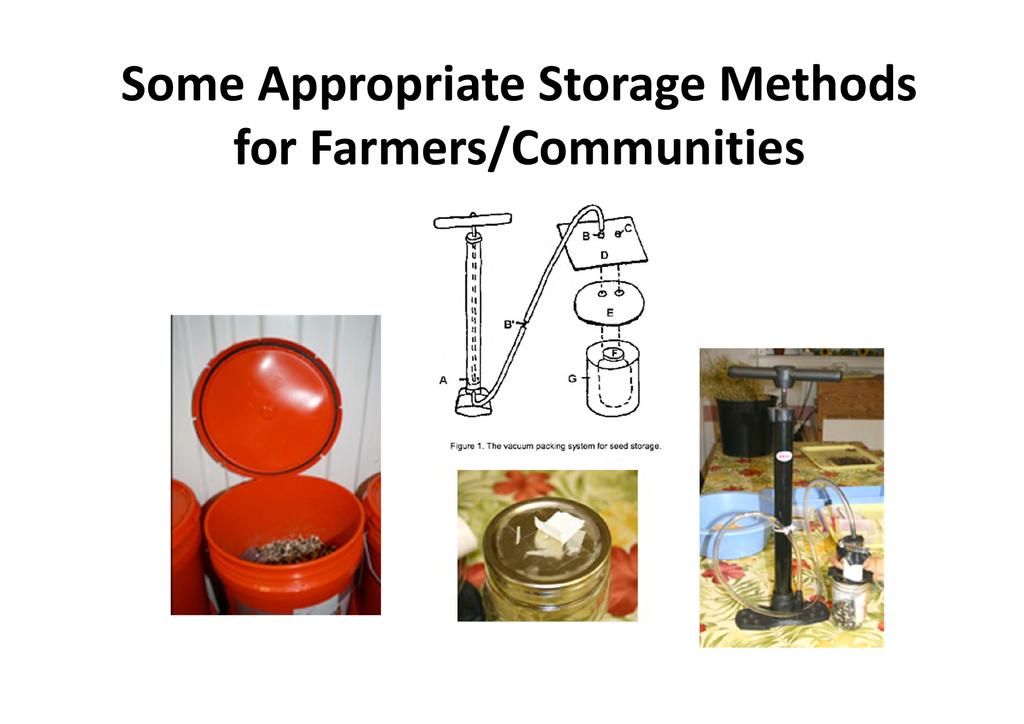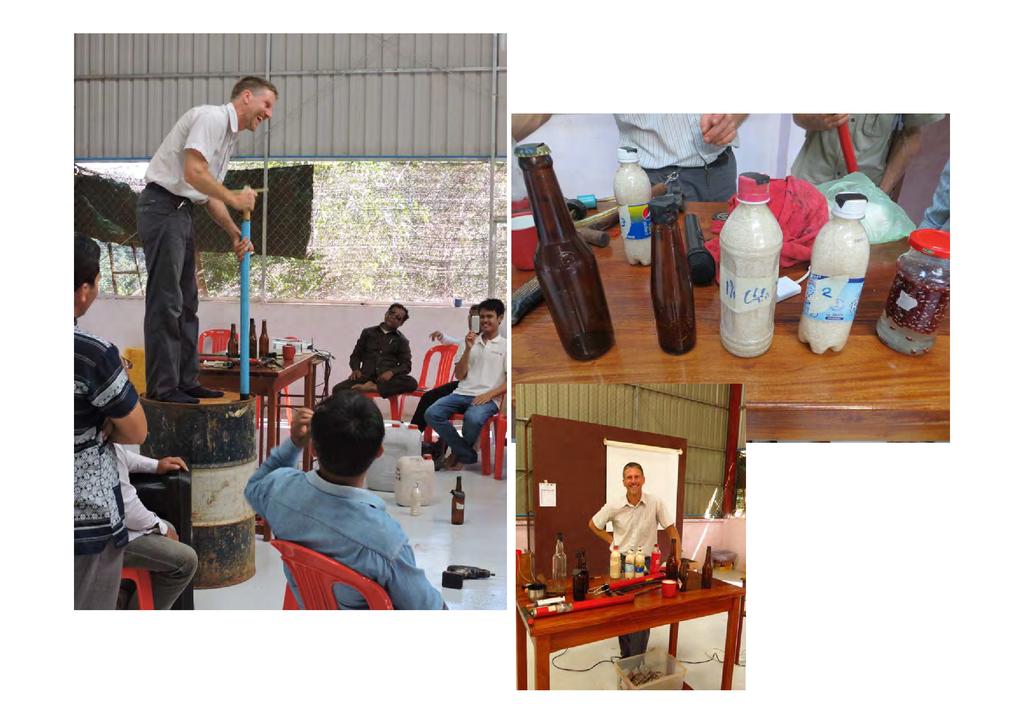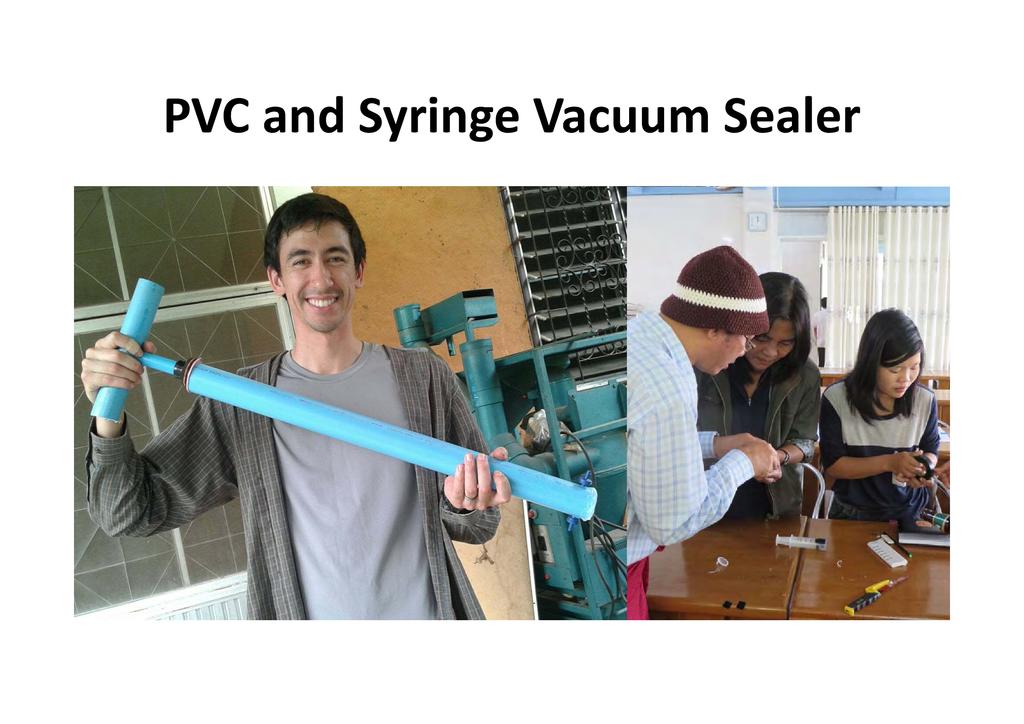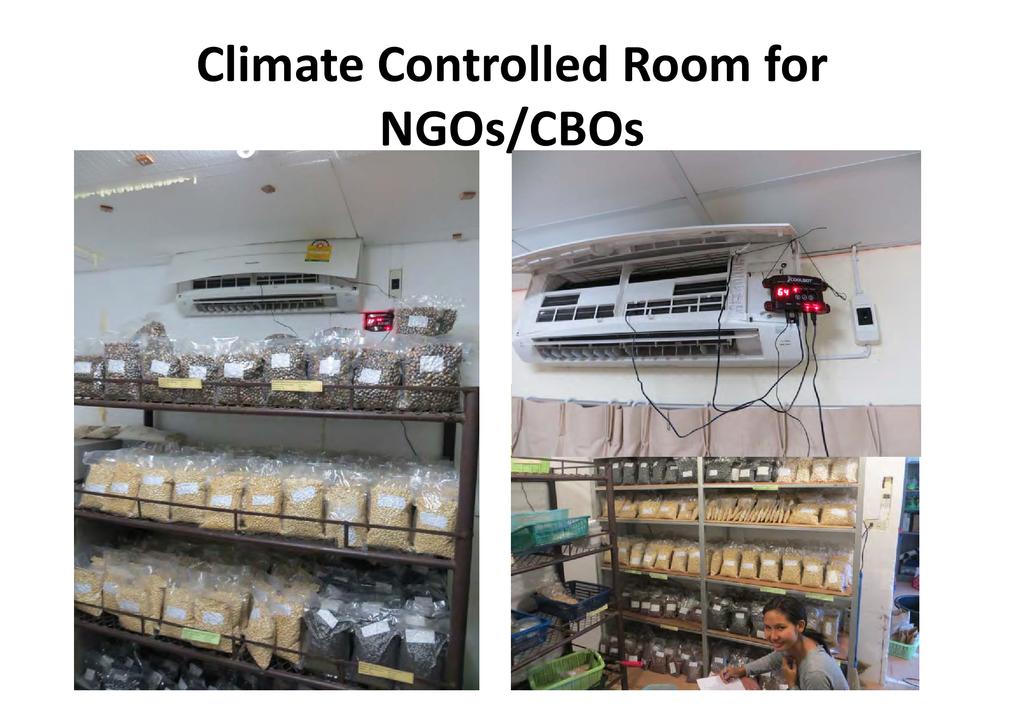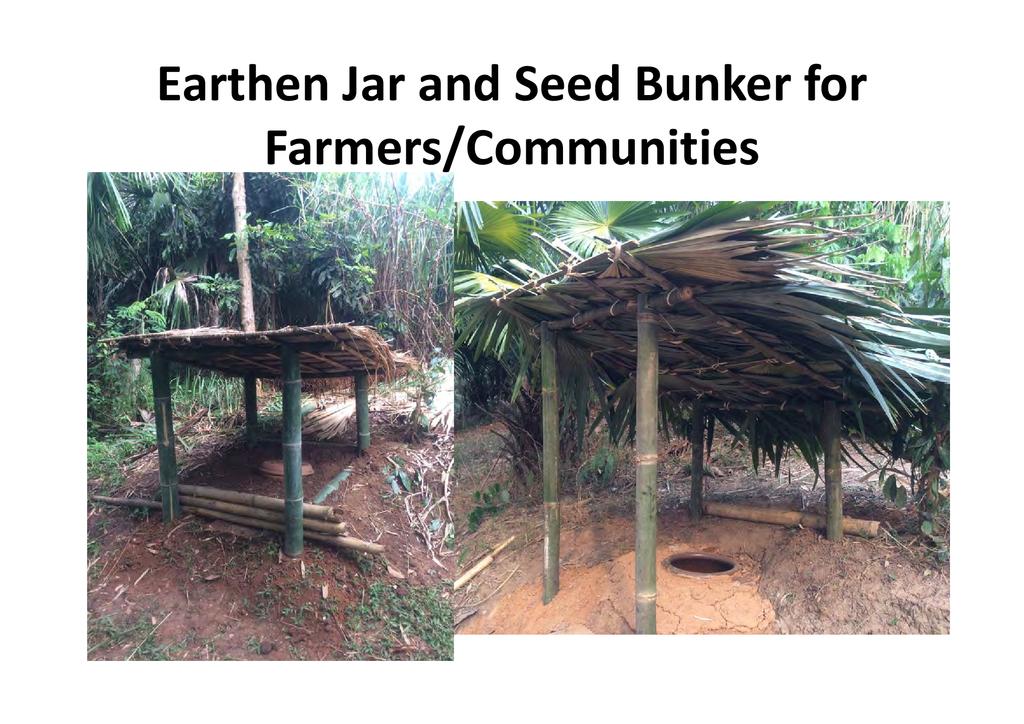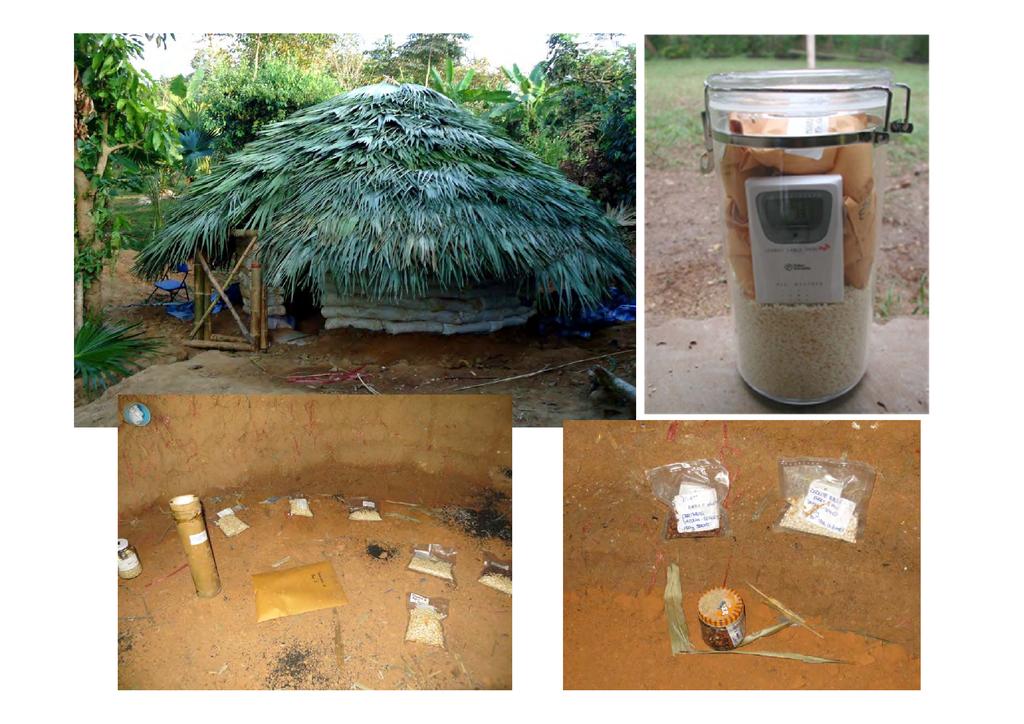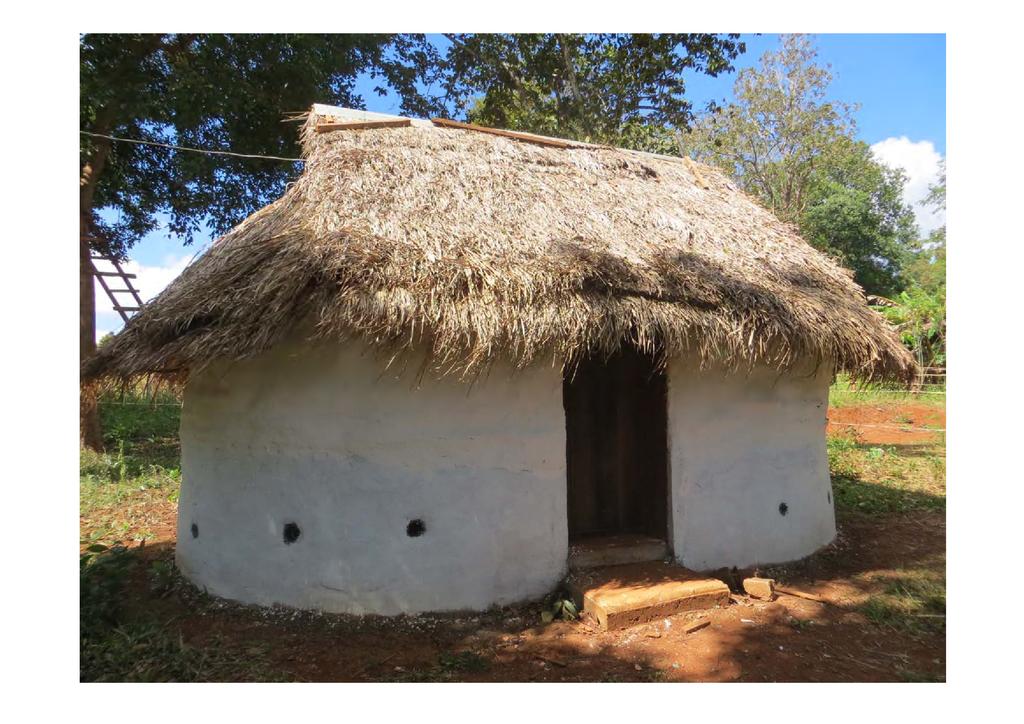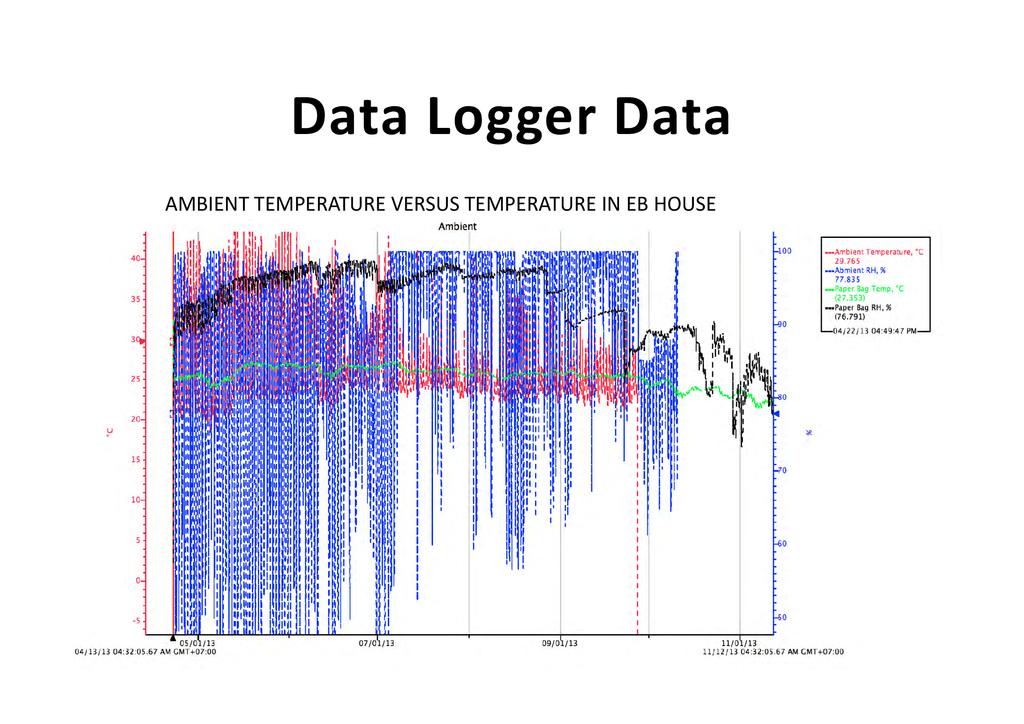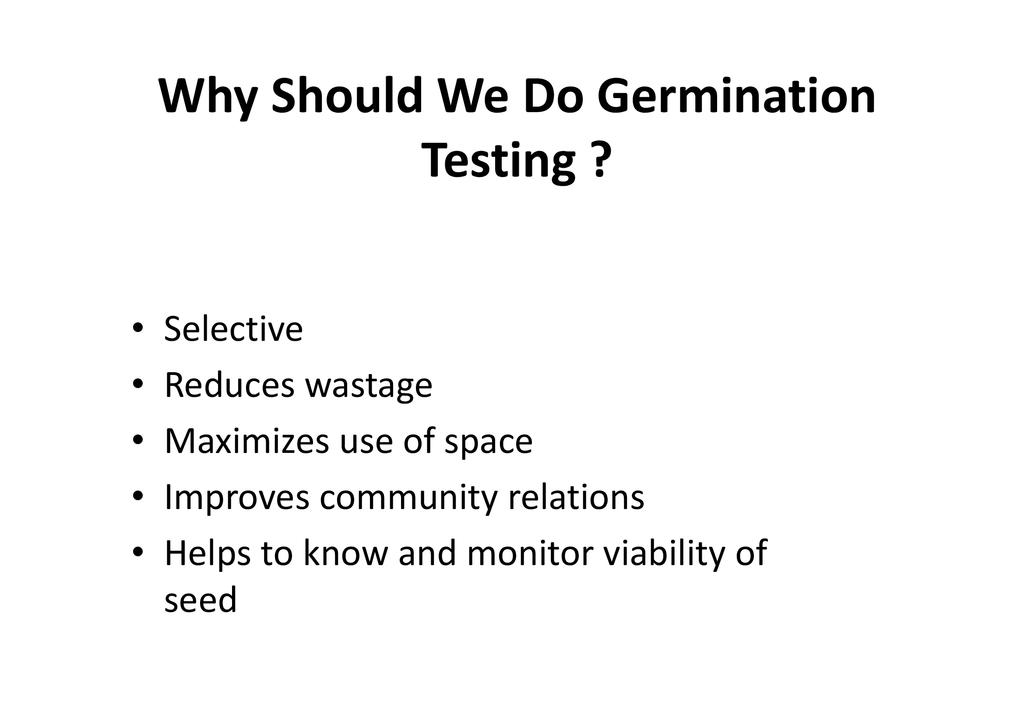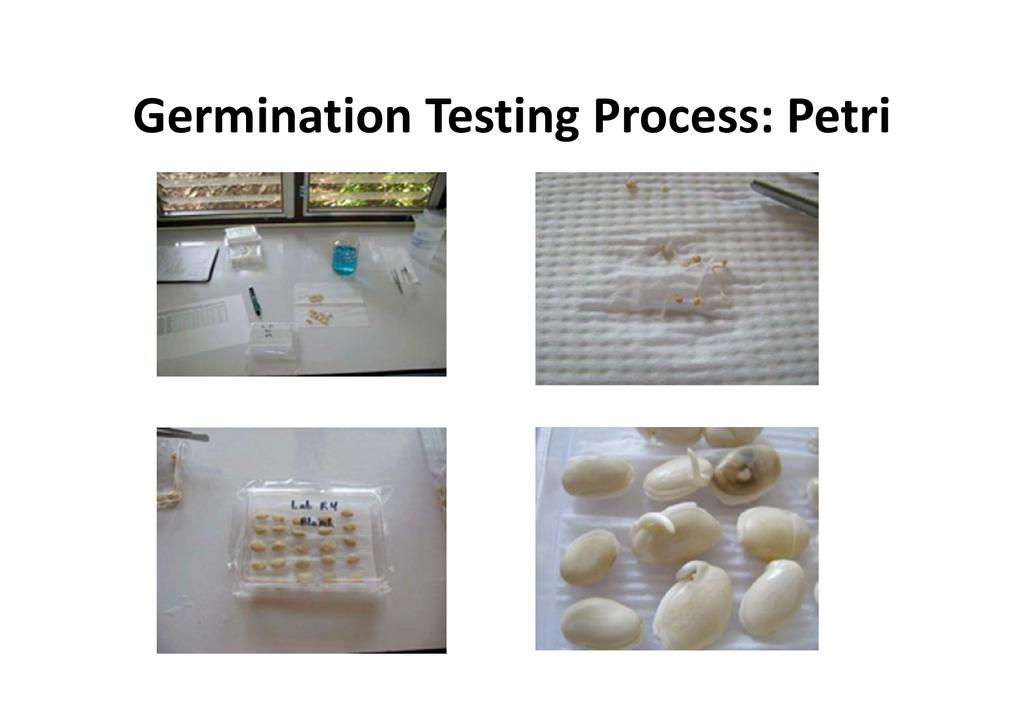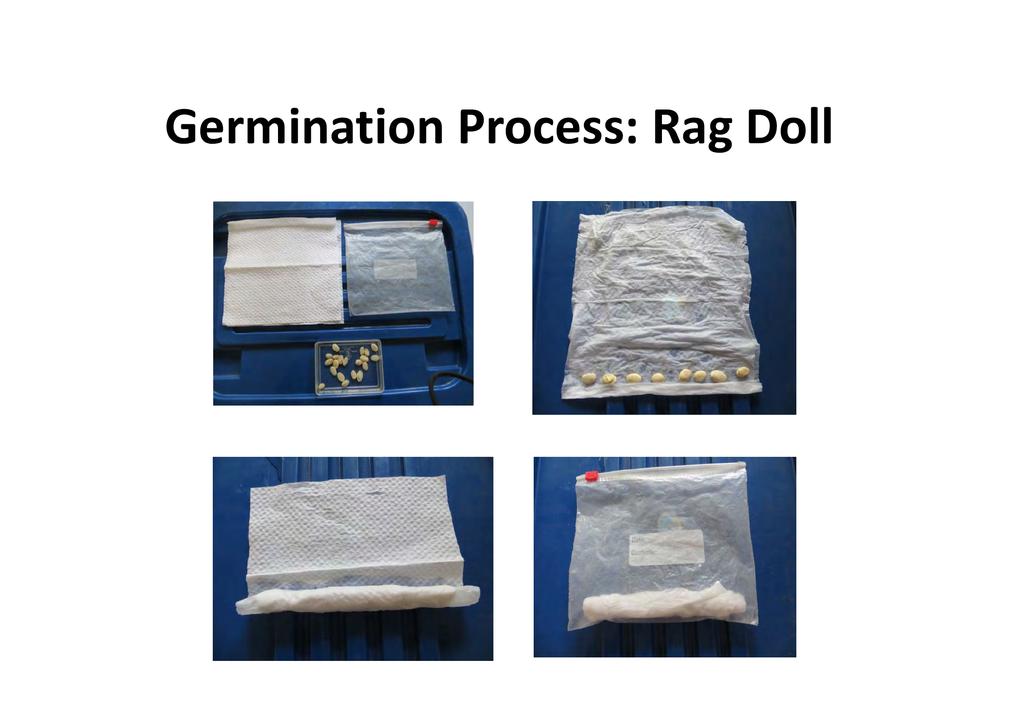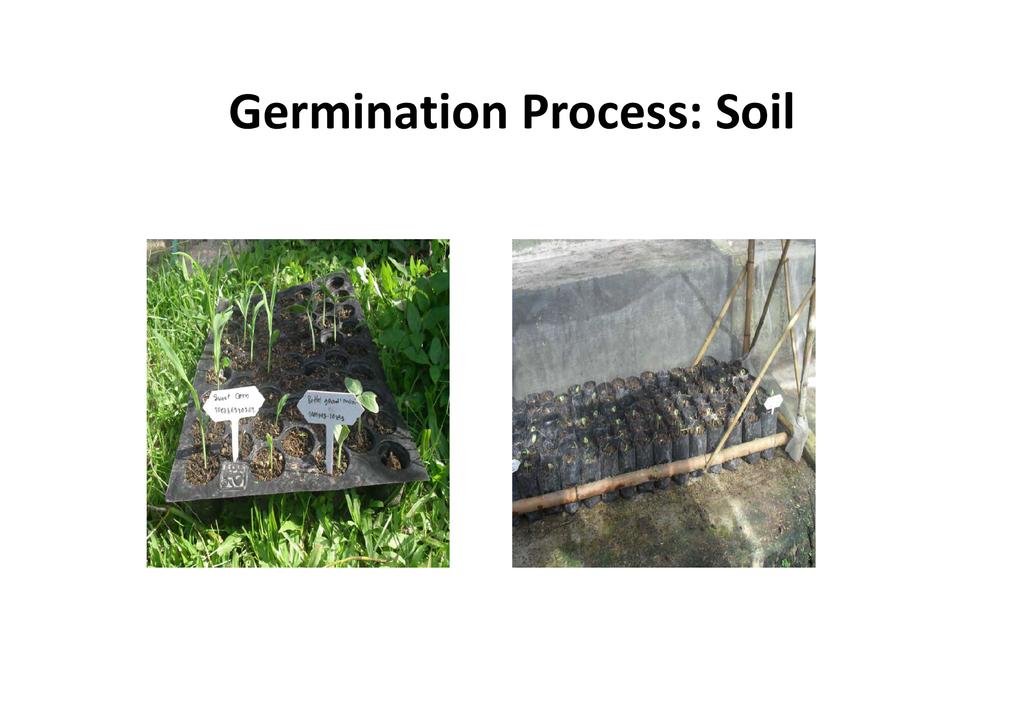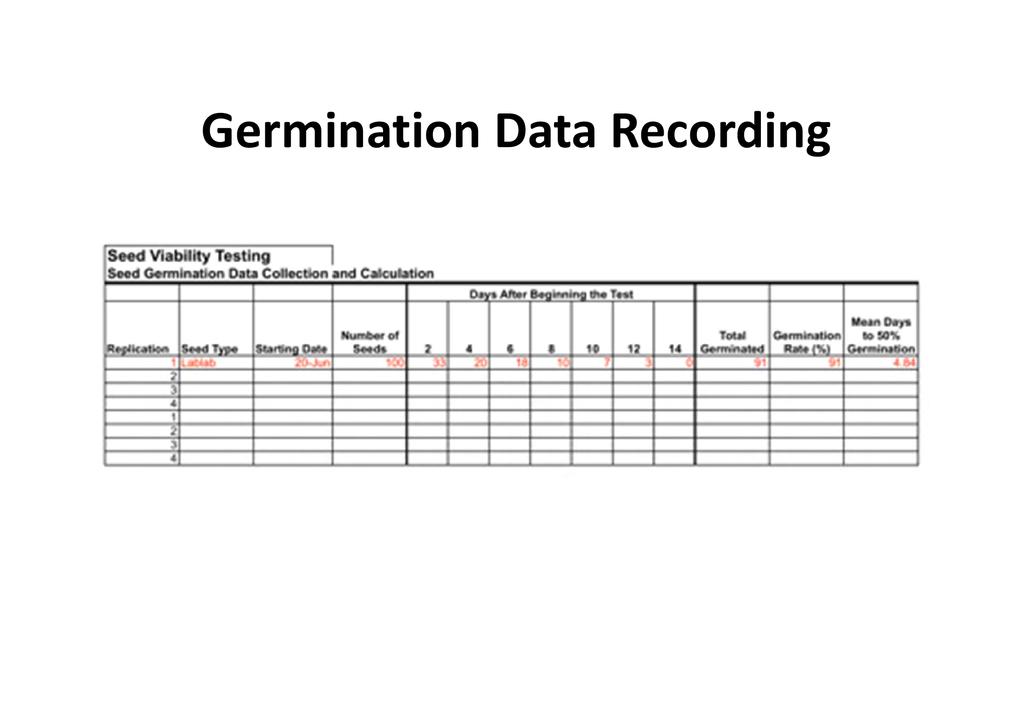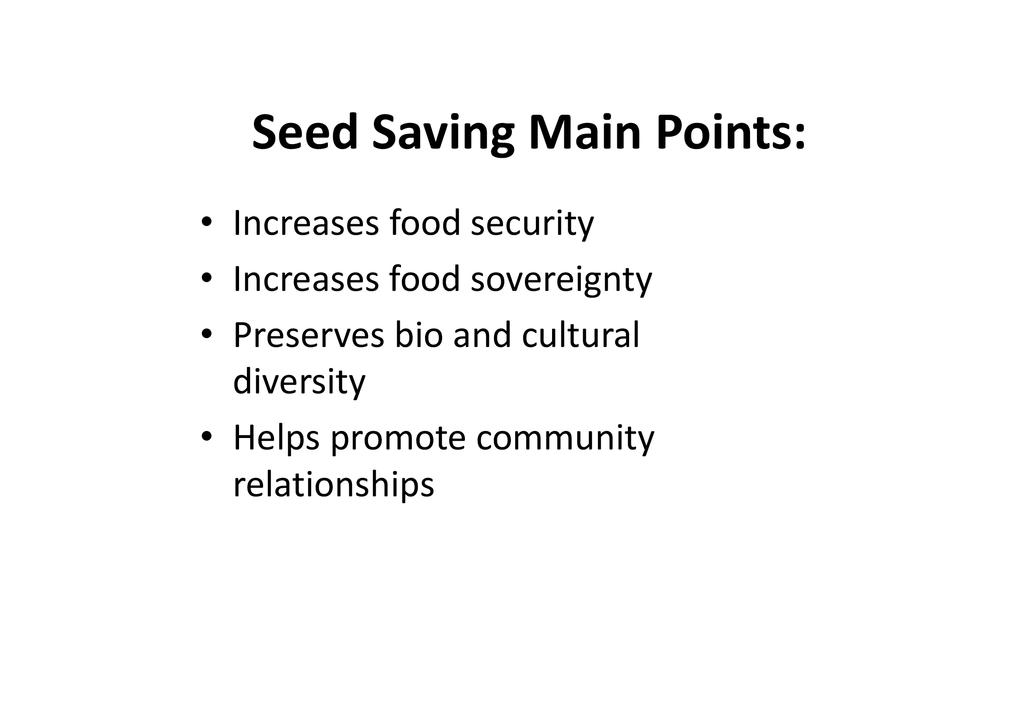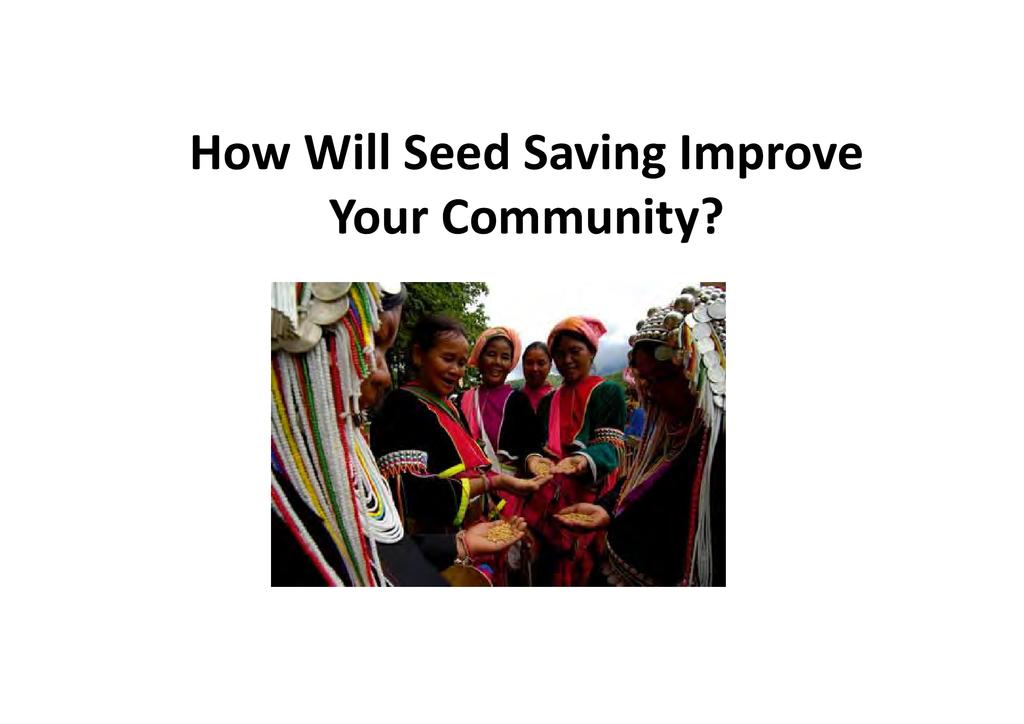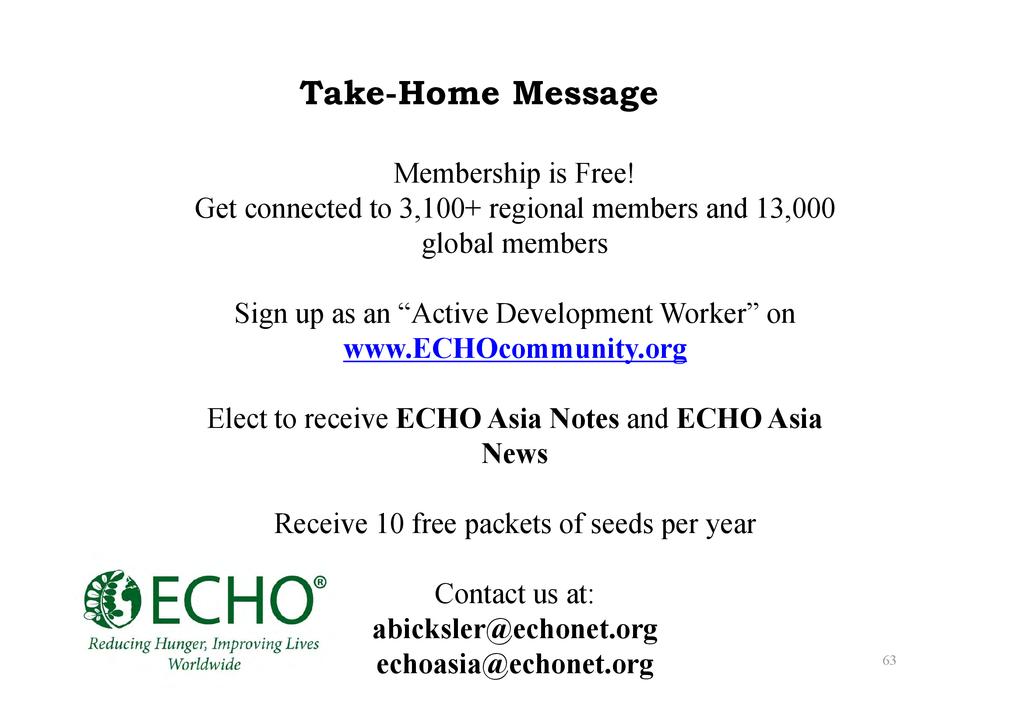Presented By: Dr. Abram Bicksler
Event: Asia Pacific Sustainable Agriculture & Community Development Conference (07-02-2018)
Speaker Bio: Dr. Abram J Bicksler is the Director of the ECHO Asia Impact Center in Chiang Mai, Thailand. For over 35 years, ECHO has been helping thousands of development workers and organizations around the world to gain better access to vital information and resources needed to improve food security and livelihooods for small farmers and the poor. Since 2009, the ECHO Asia Impact Center has been equipping and training development workers and organizations in Asia to extend relevant information, techniques, seeds, and ideas to improve the lives of the poor in Asia. Formerly a Post-Doctoral Fellow and Instructor for the International Sustainable Development Studies Institute (ISDSI) in Chiang Mai, Abram spent 4 years teaching American undergraduate students about sustainable development in the tropics in an experiential learning setting. Prior to moving to Thailand, Abram completed his M.S. and Ph.D. in environmental science at University of Illinois Urbana-Champaign, which focused on the ecology and use of cover crops in sustainable vegetable production. Abram has been the Director of the ECHO Asia Impact Center since 2013, and particularly enjoys learning about new techniques, walking farmers’ fields, networking people together, and conducting hands-on research. Abram is married to Rebecca and has two children who were both born in Thailand.
Abstract: Building on my plenary session, I will describe some of the best practices related to seed saving technologies that we have learned at the ECHO Asia Seed Bank over the past nine years. In this workshop, we will explore some of these best practices more in-depth and talk about specifics related to seed harvesting, cleaning, drying, and storage approaches across different species. I will share some of our lessons learned and failures at the ECHO Asia Seed Bank and other NGO-level seed banks as well as emerging and promising low-cost techniques that may be especially important for seed storage at the farmer or community-based level. This workshop will be more discussion-based in nature, and I look forward to hearing some of your lessons learned related to seed saving.
